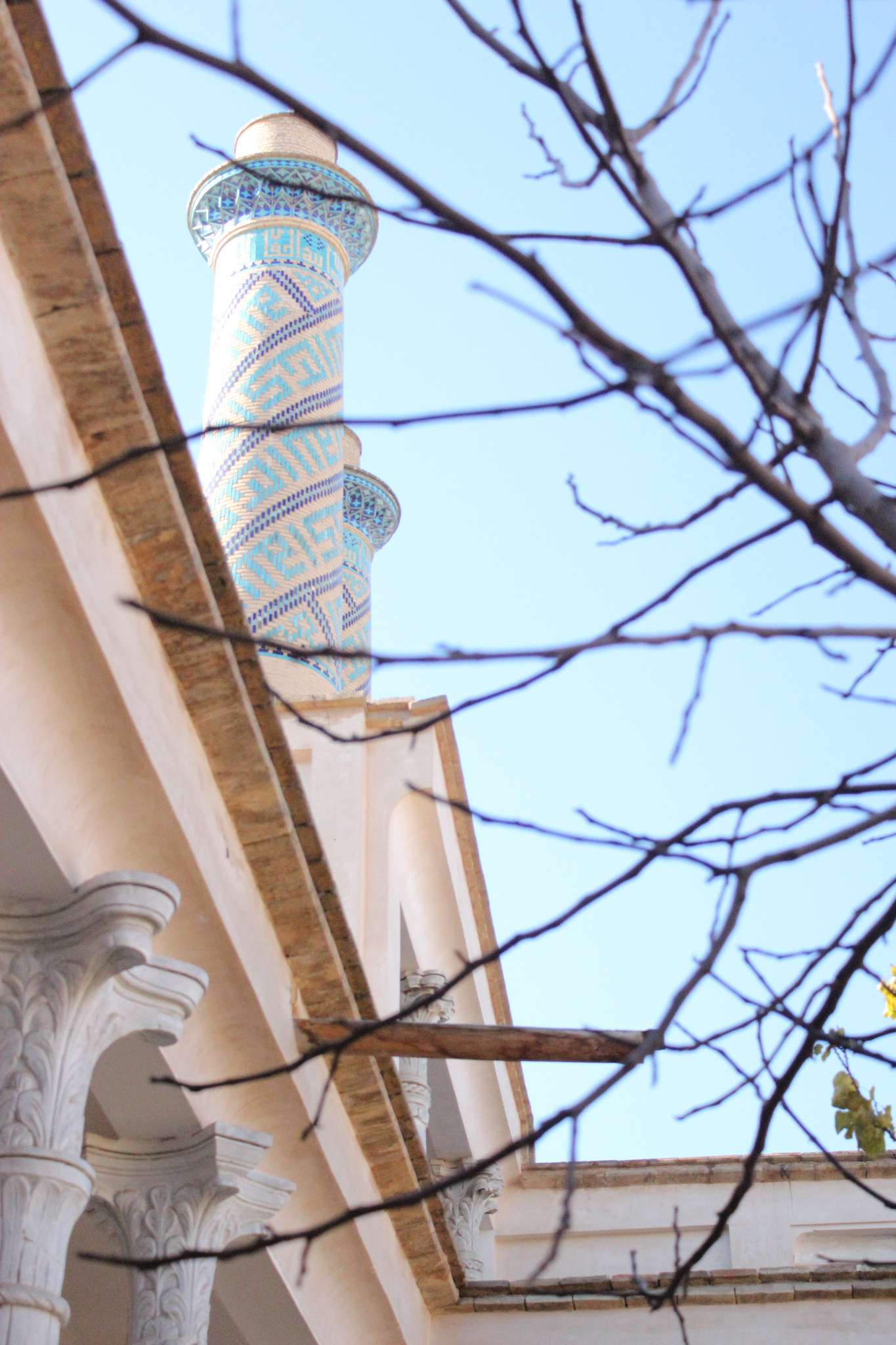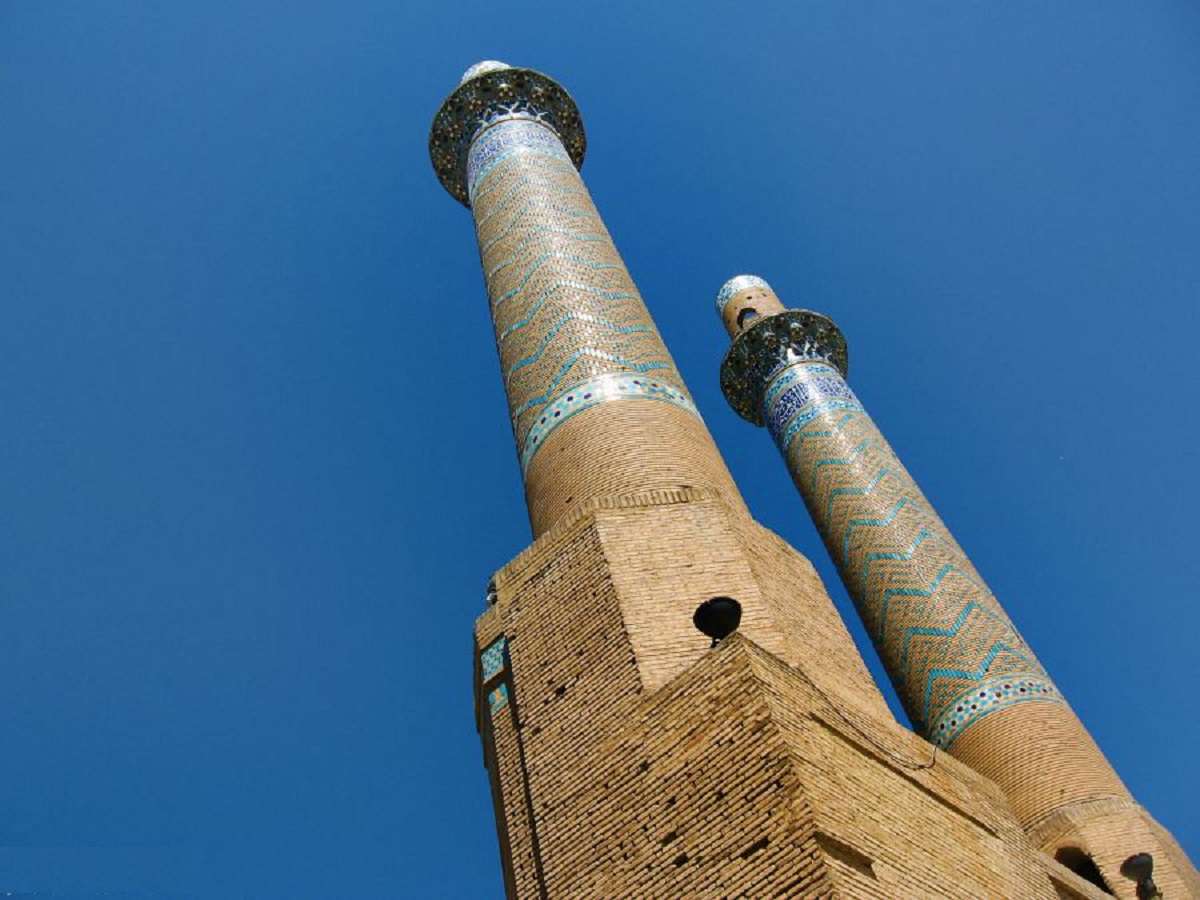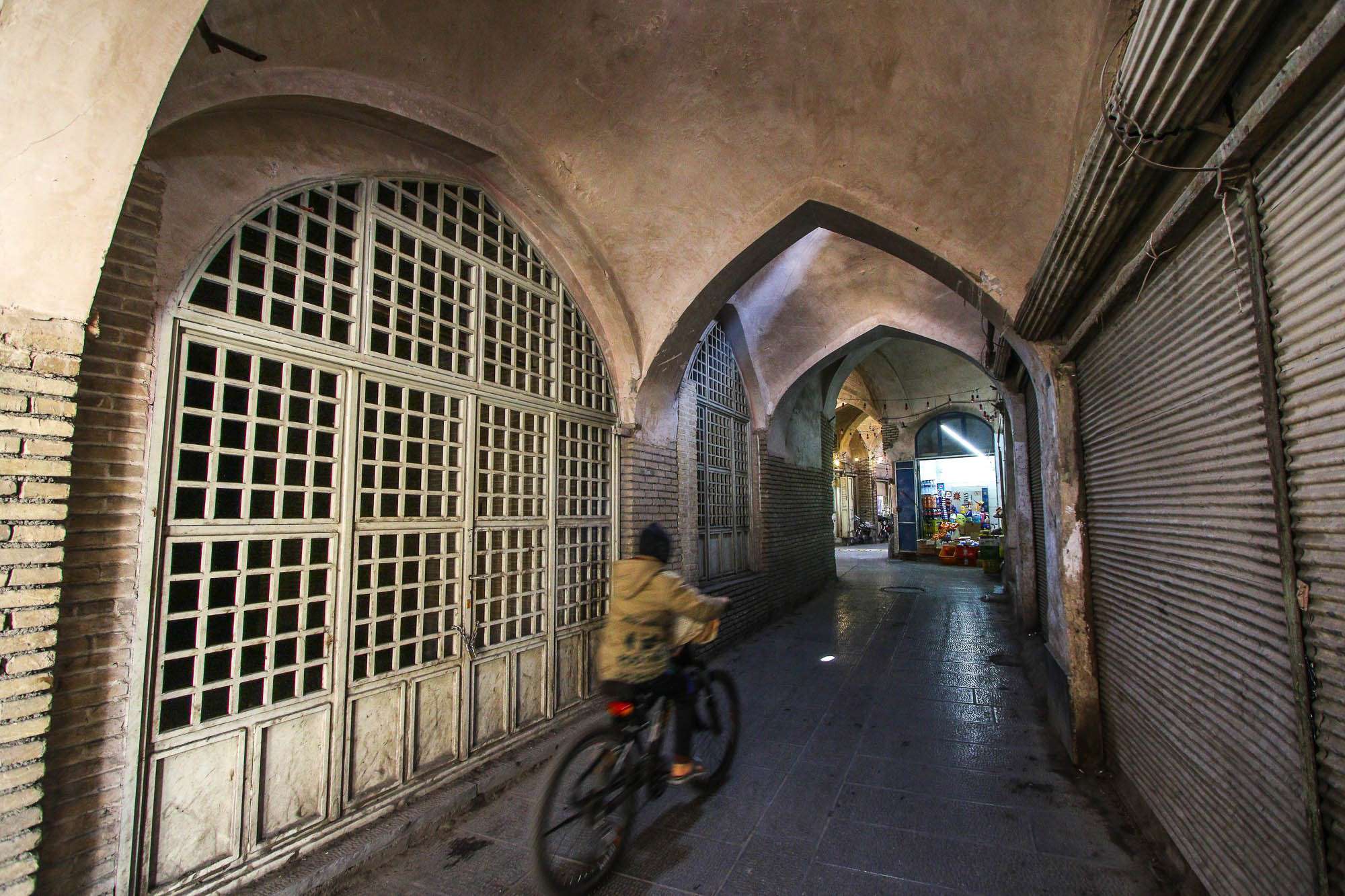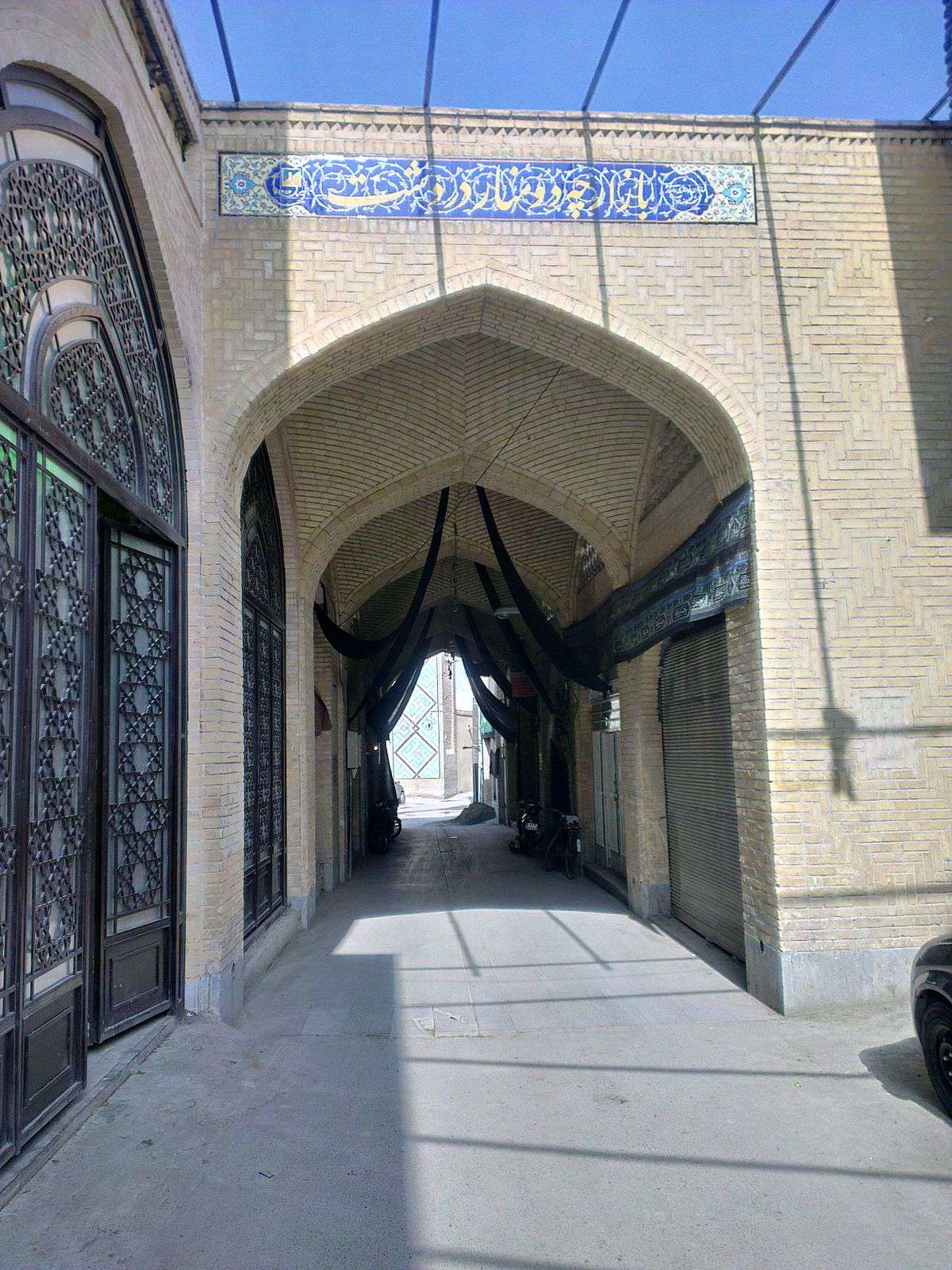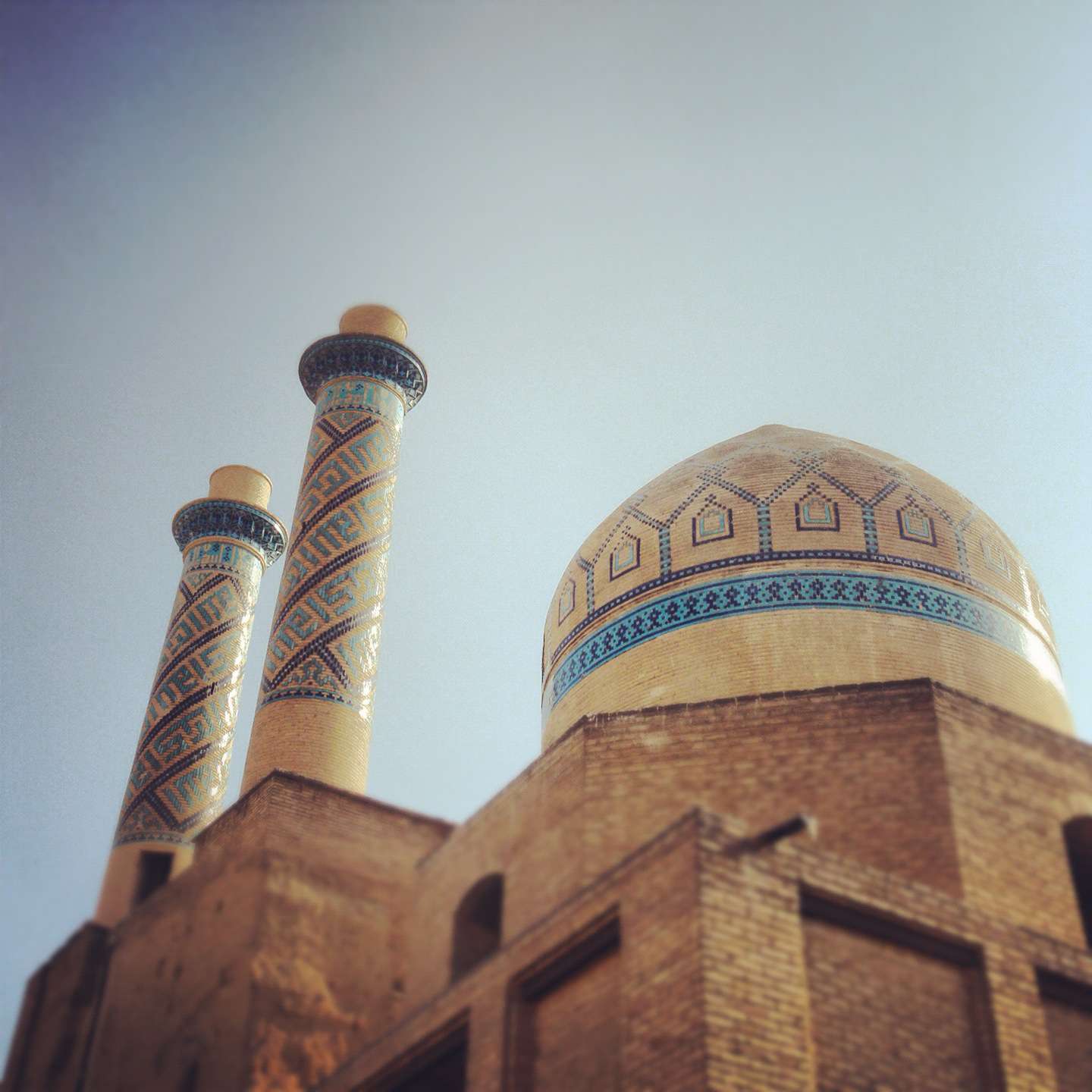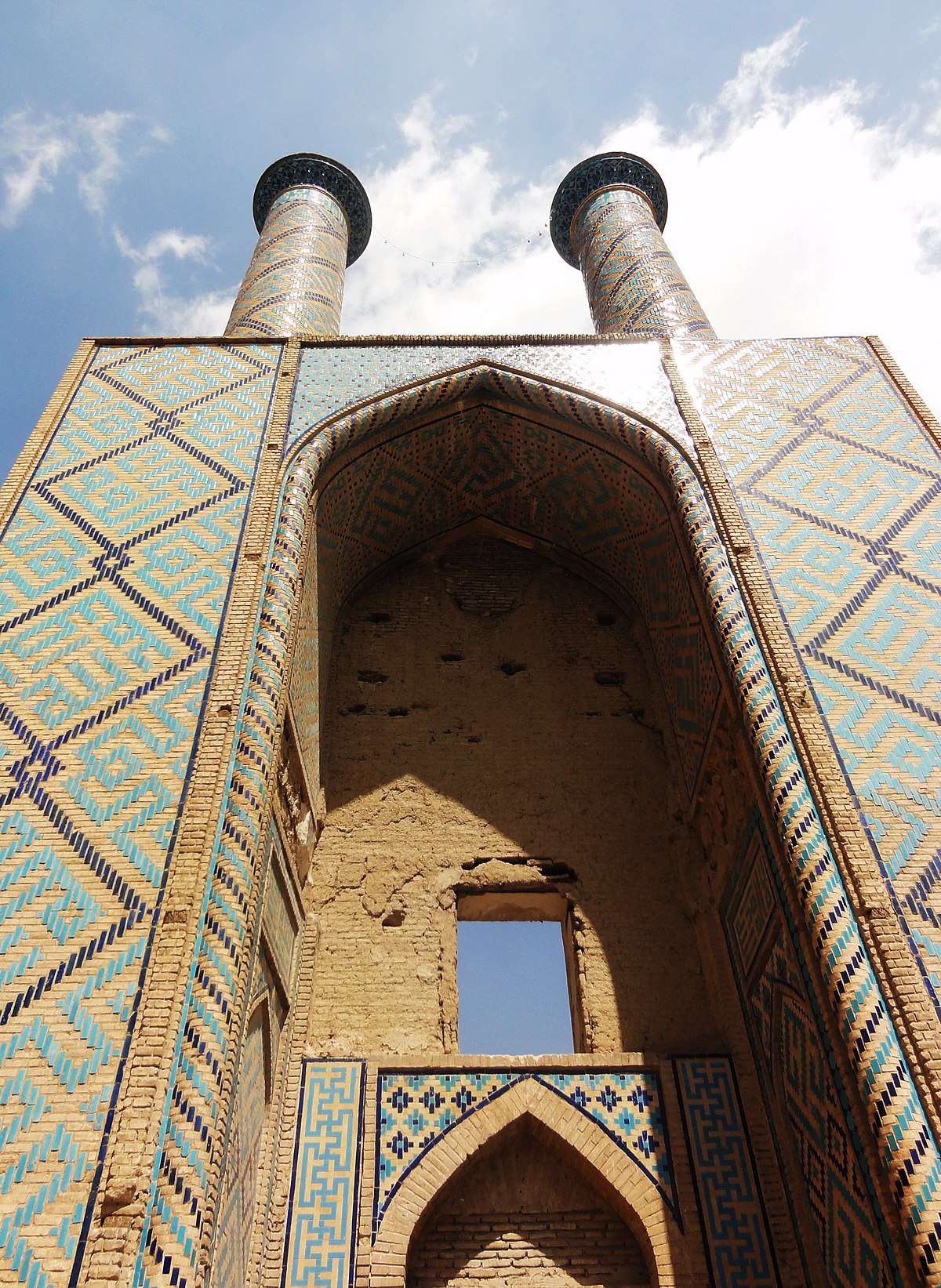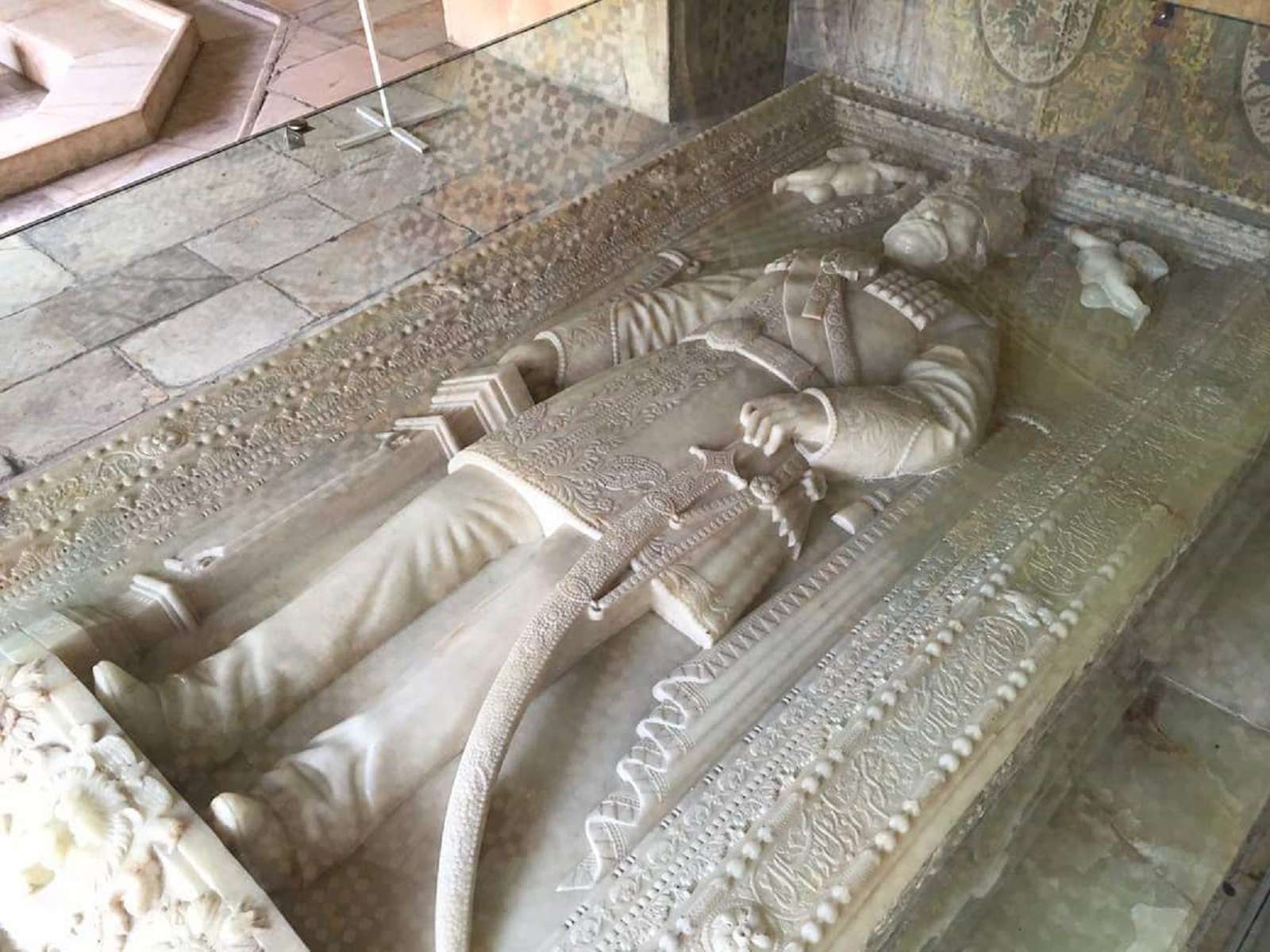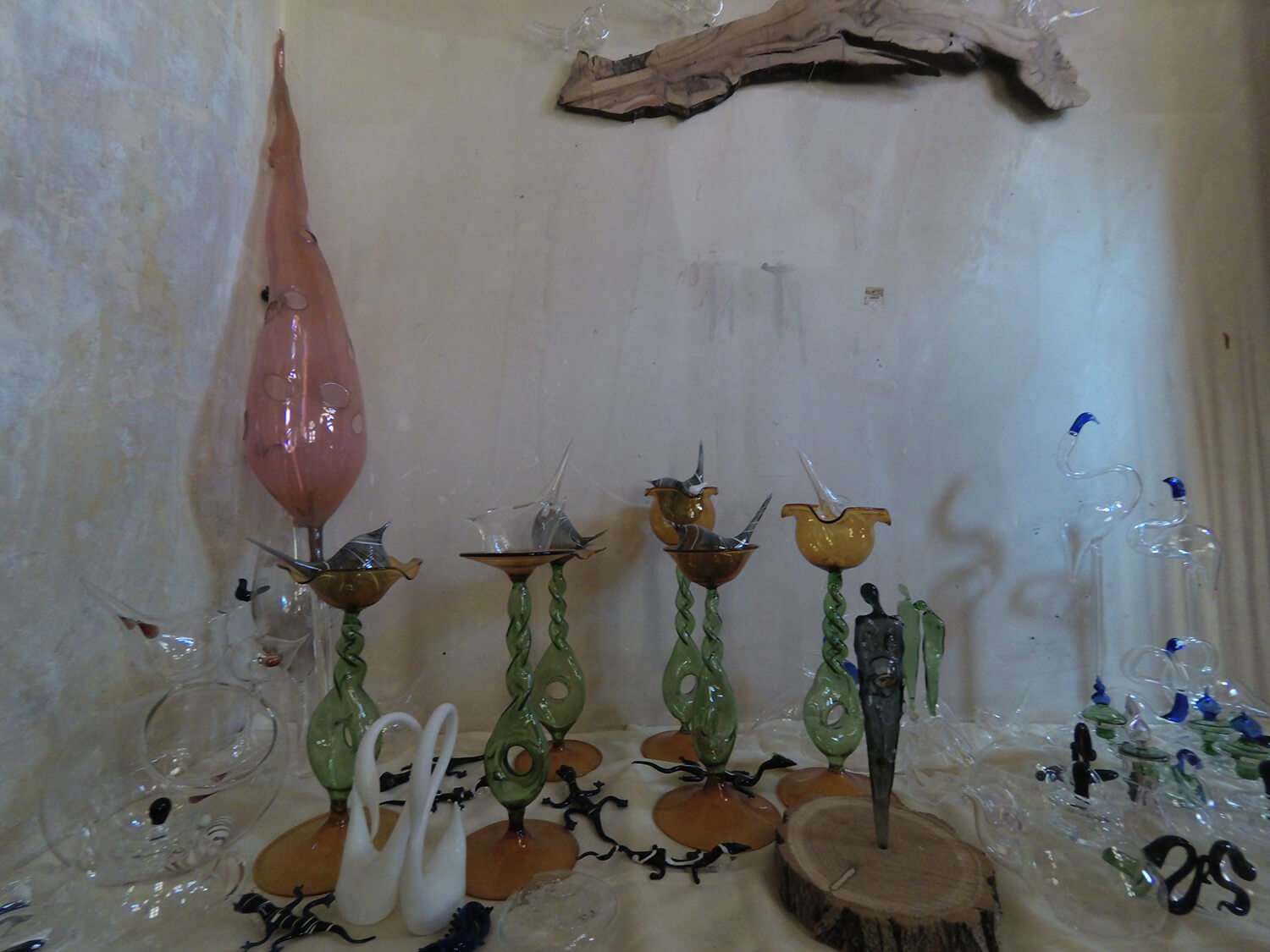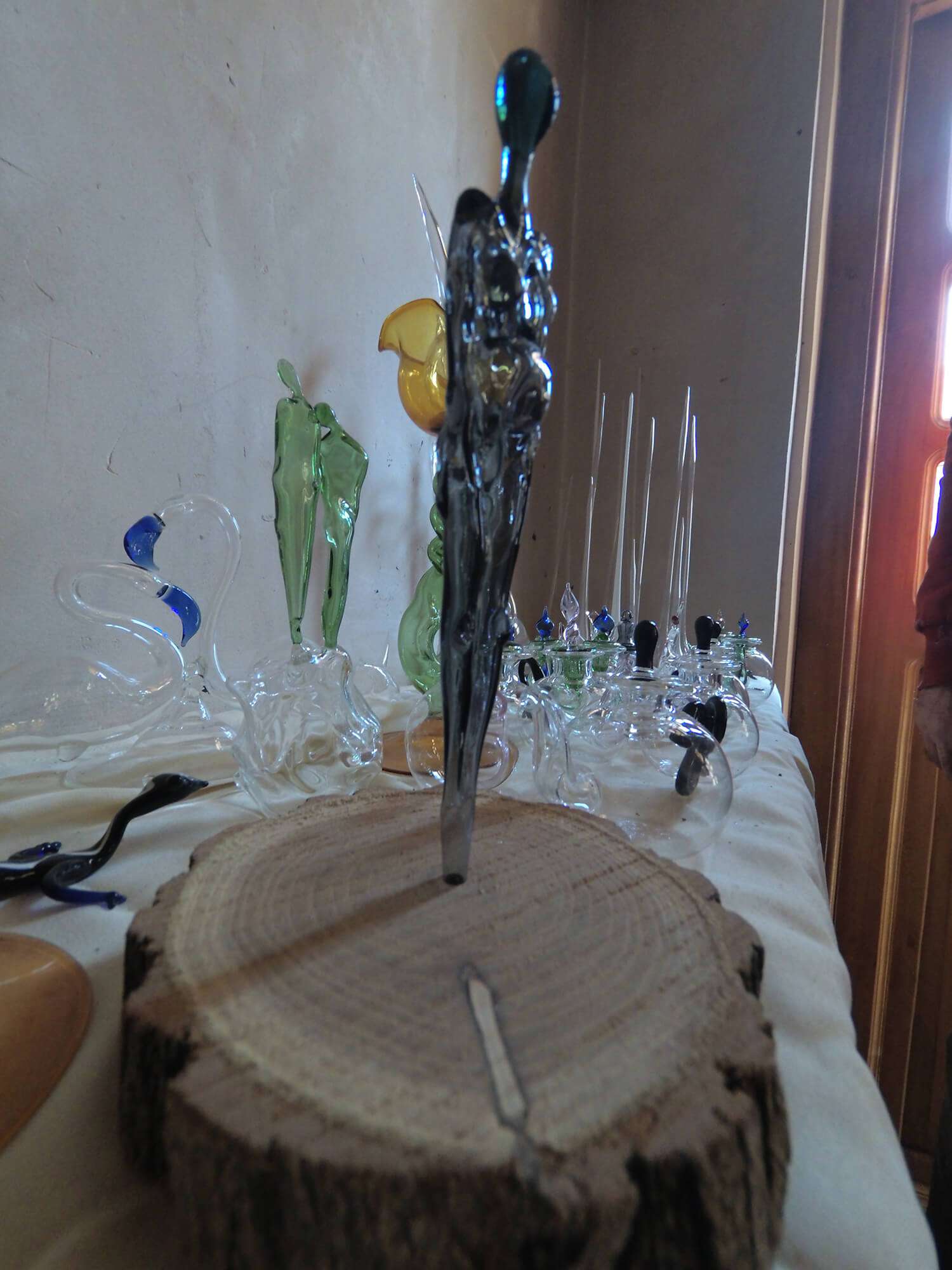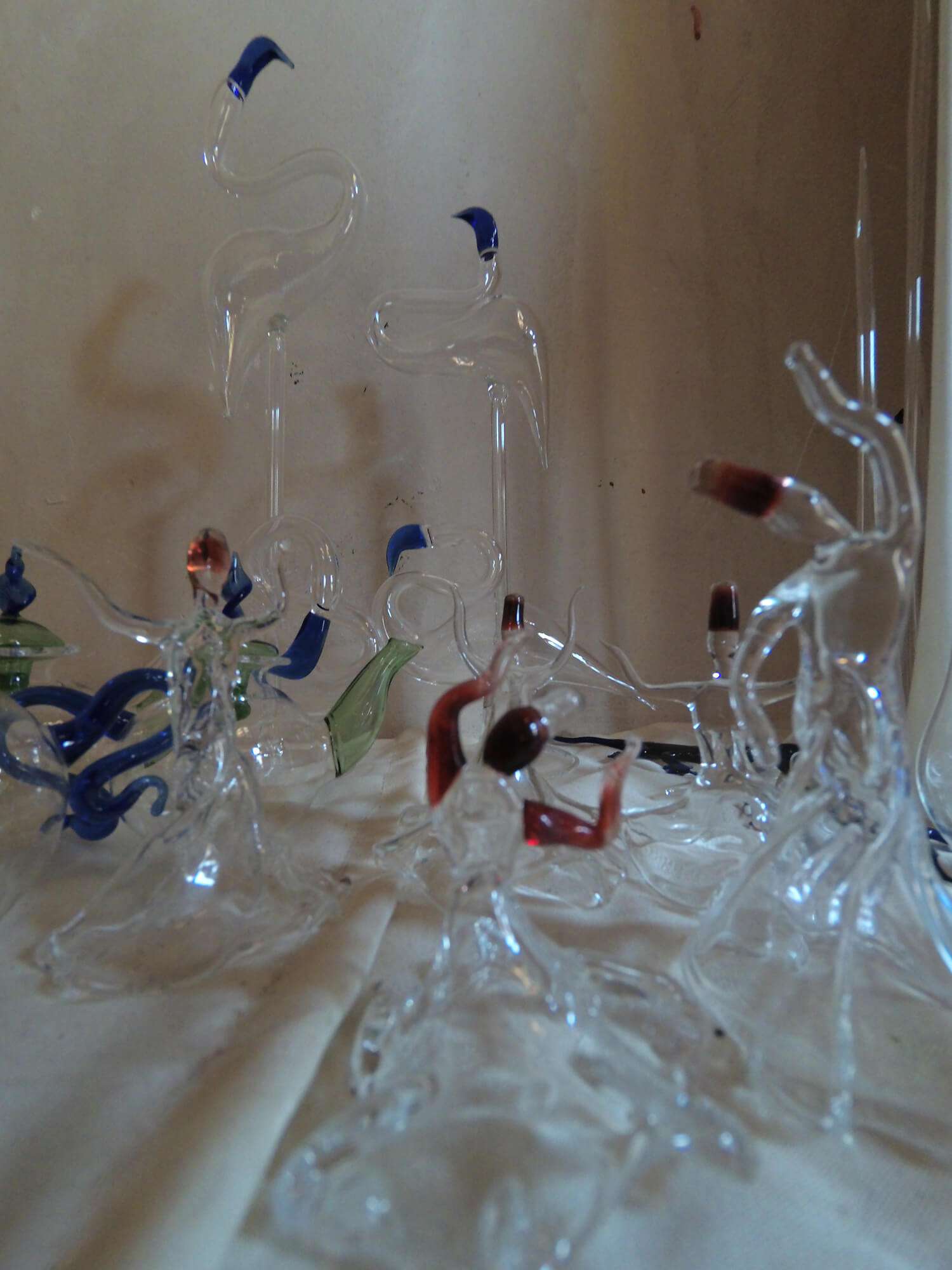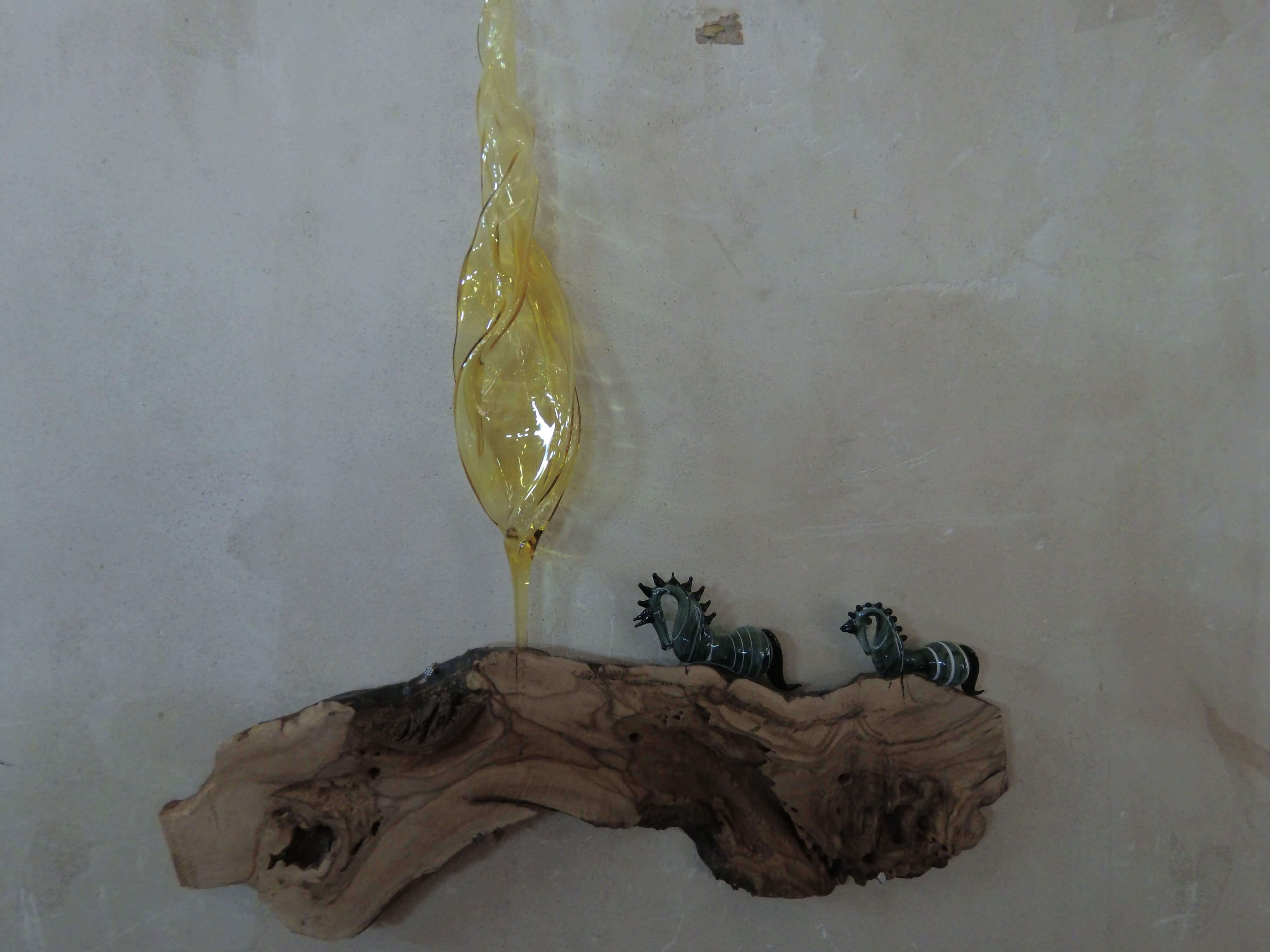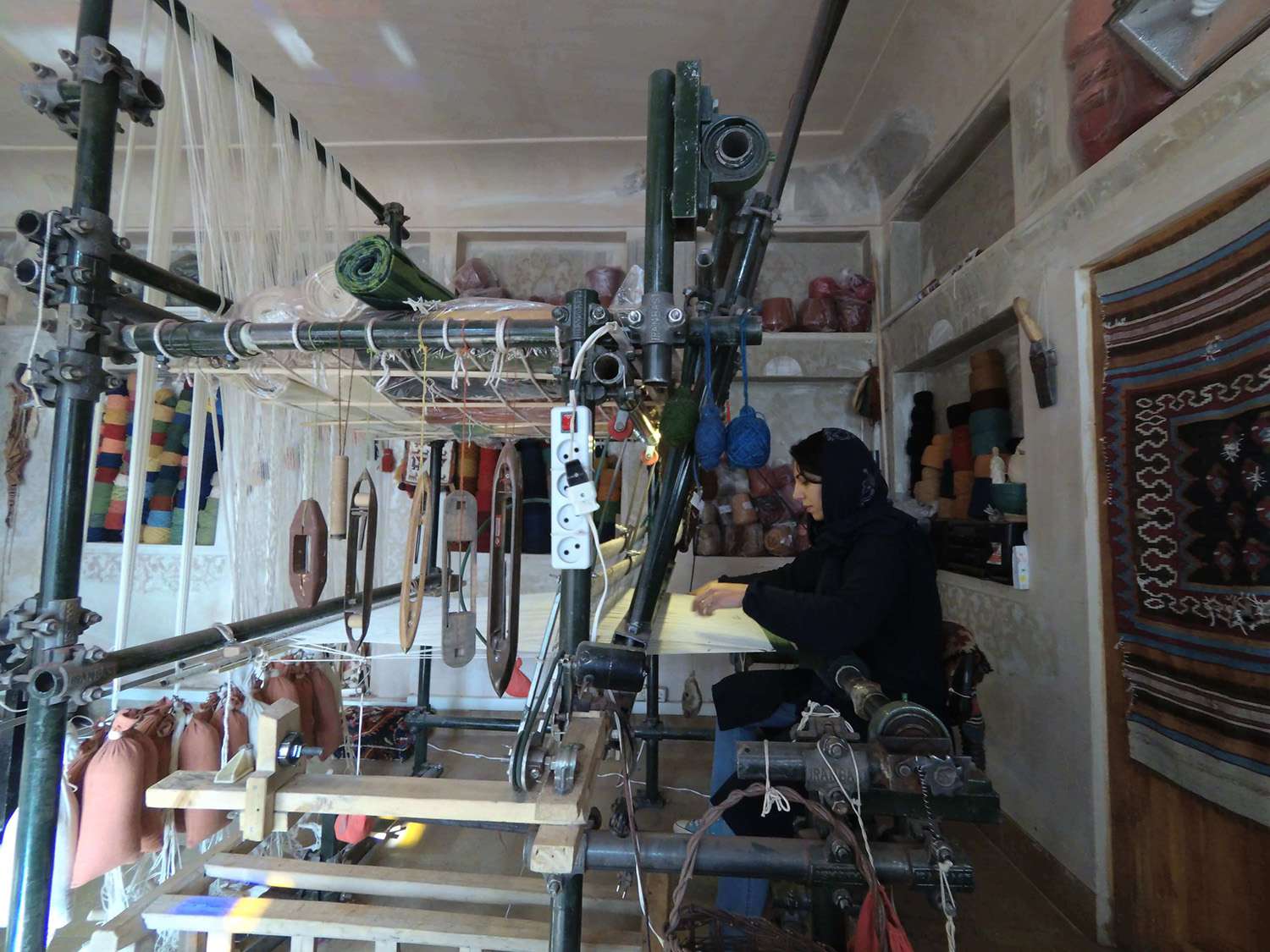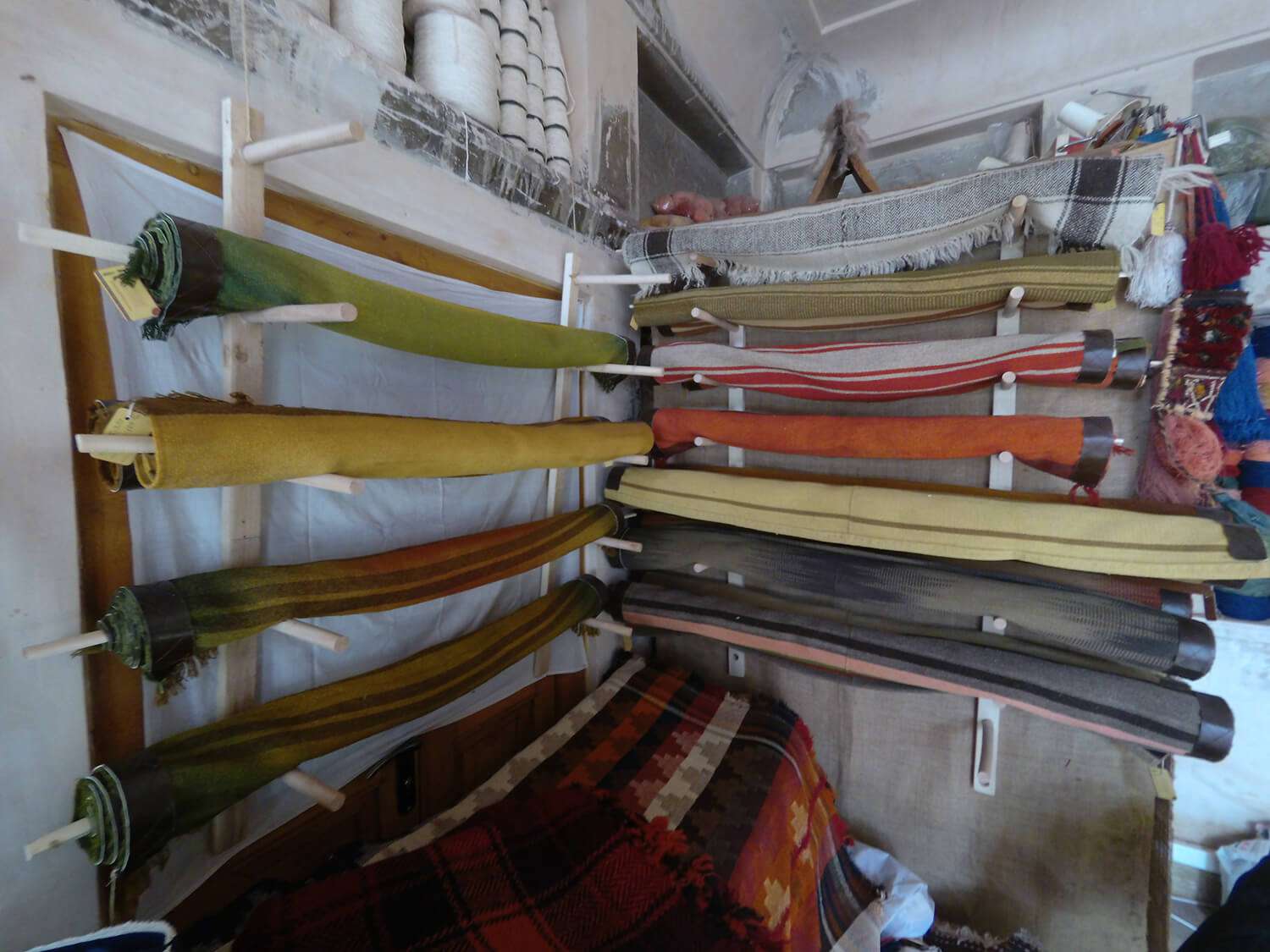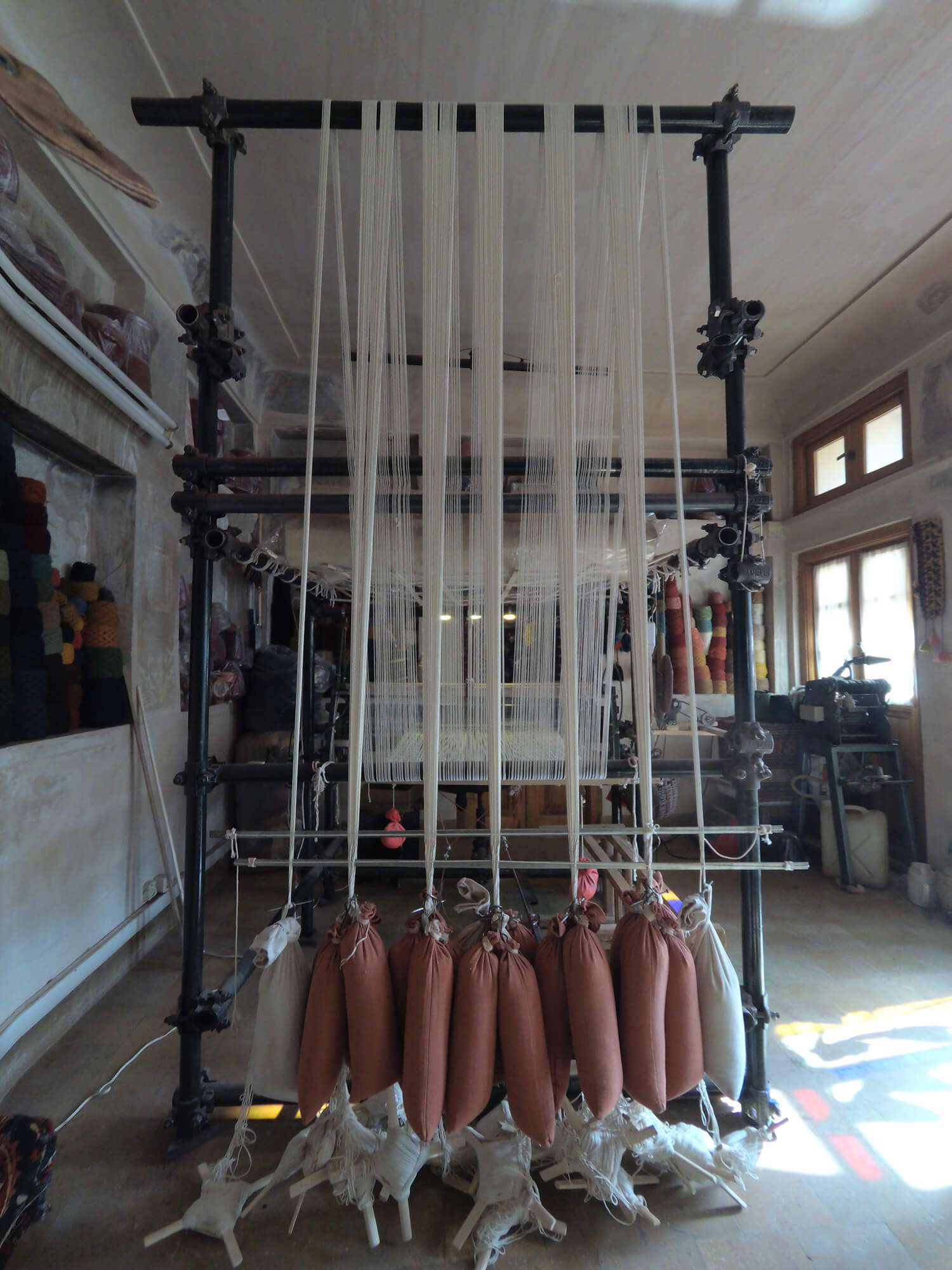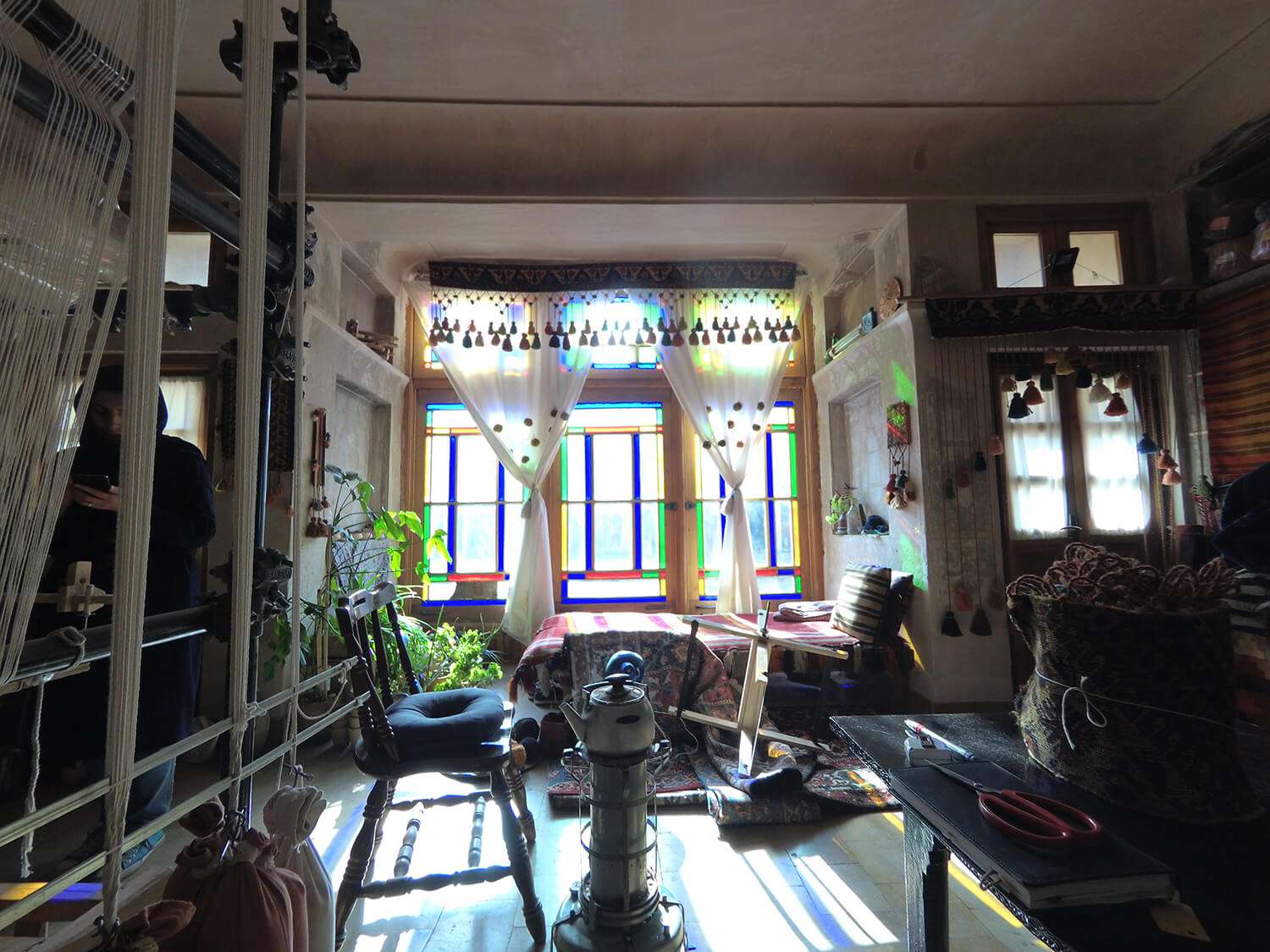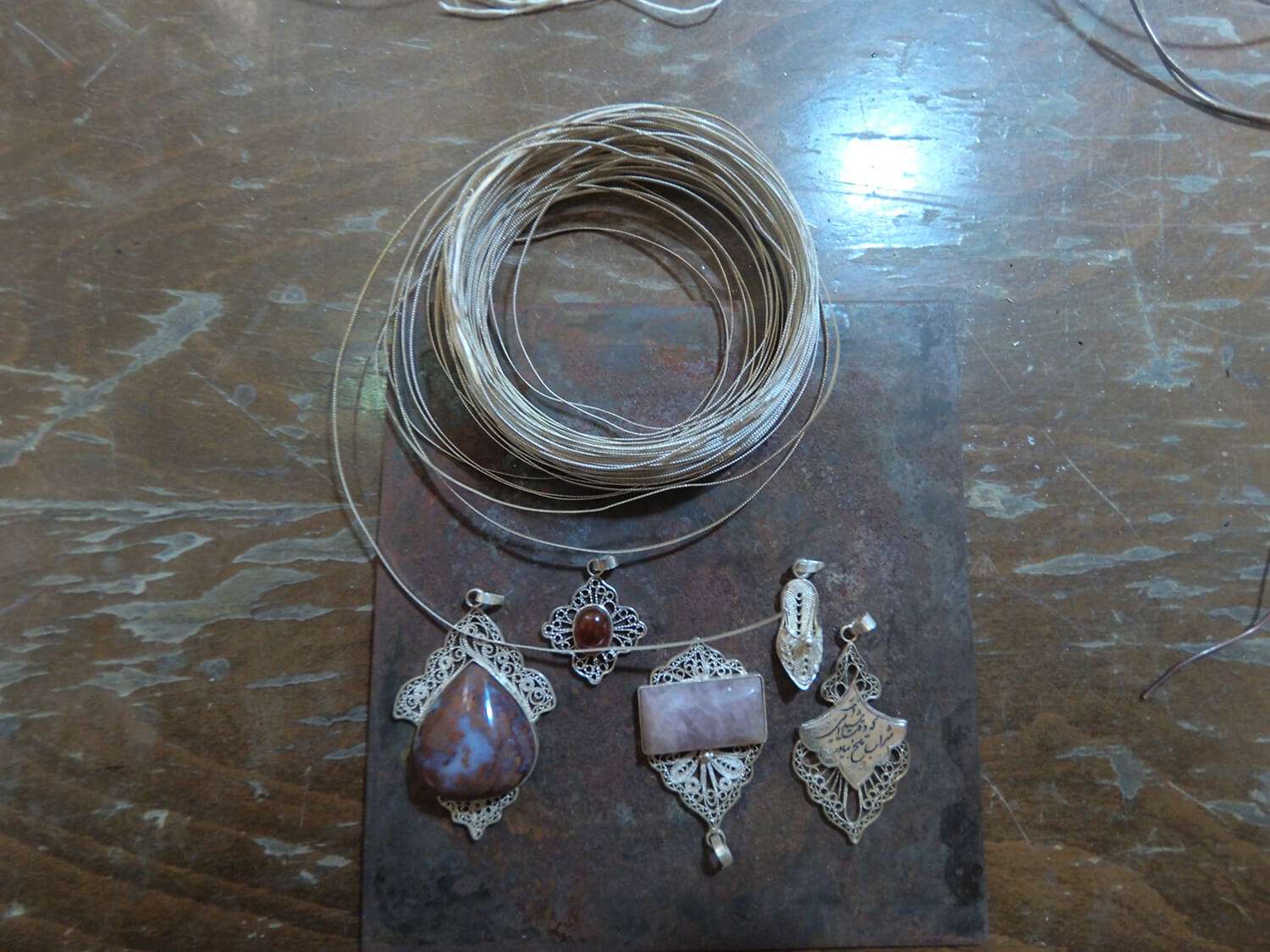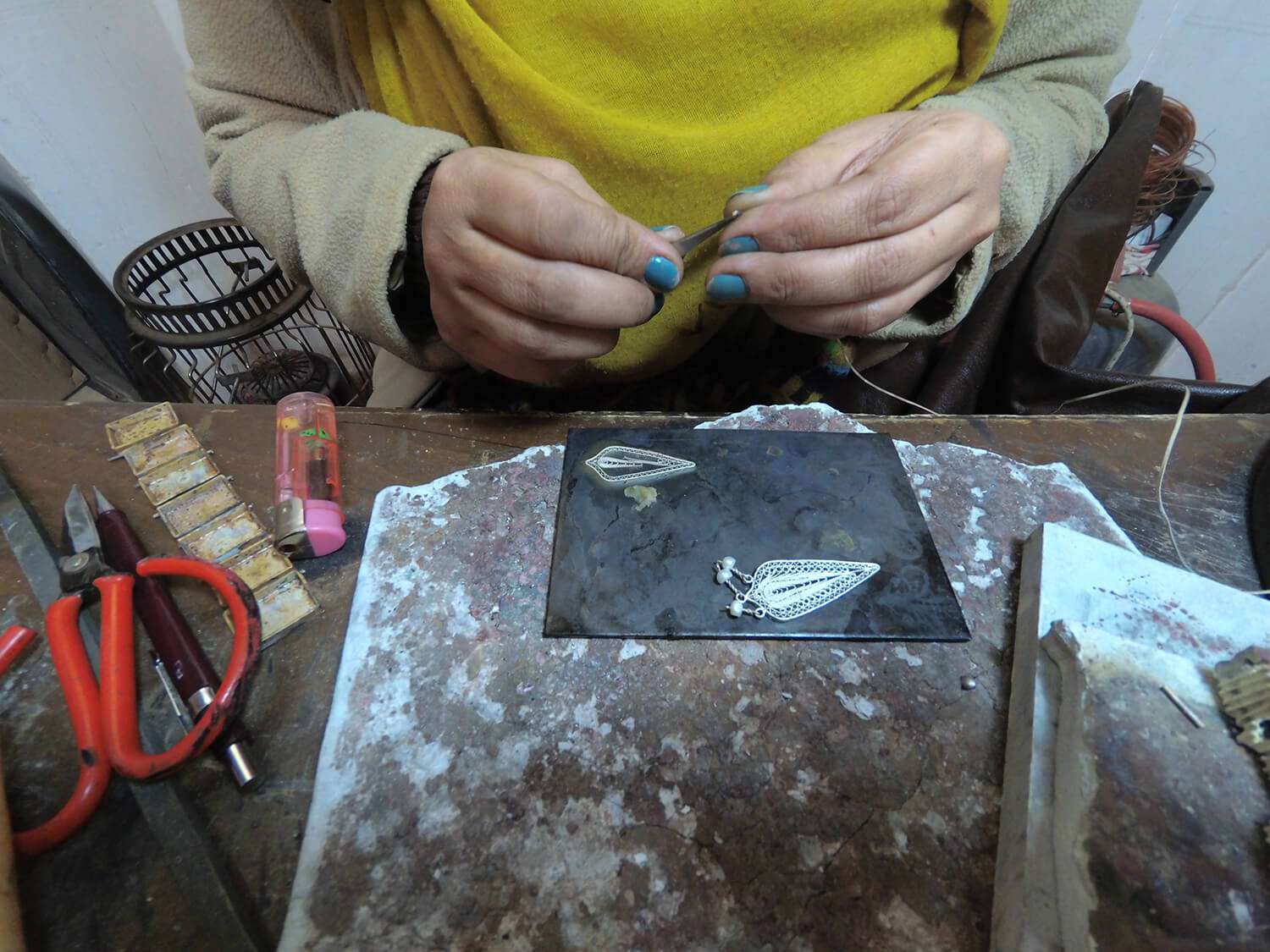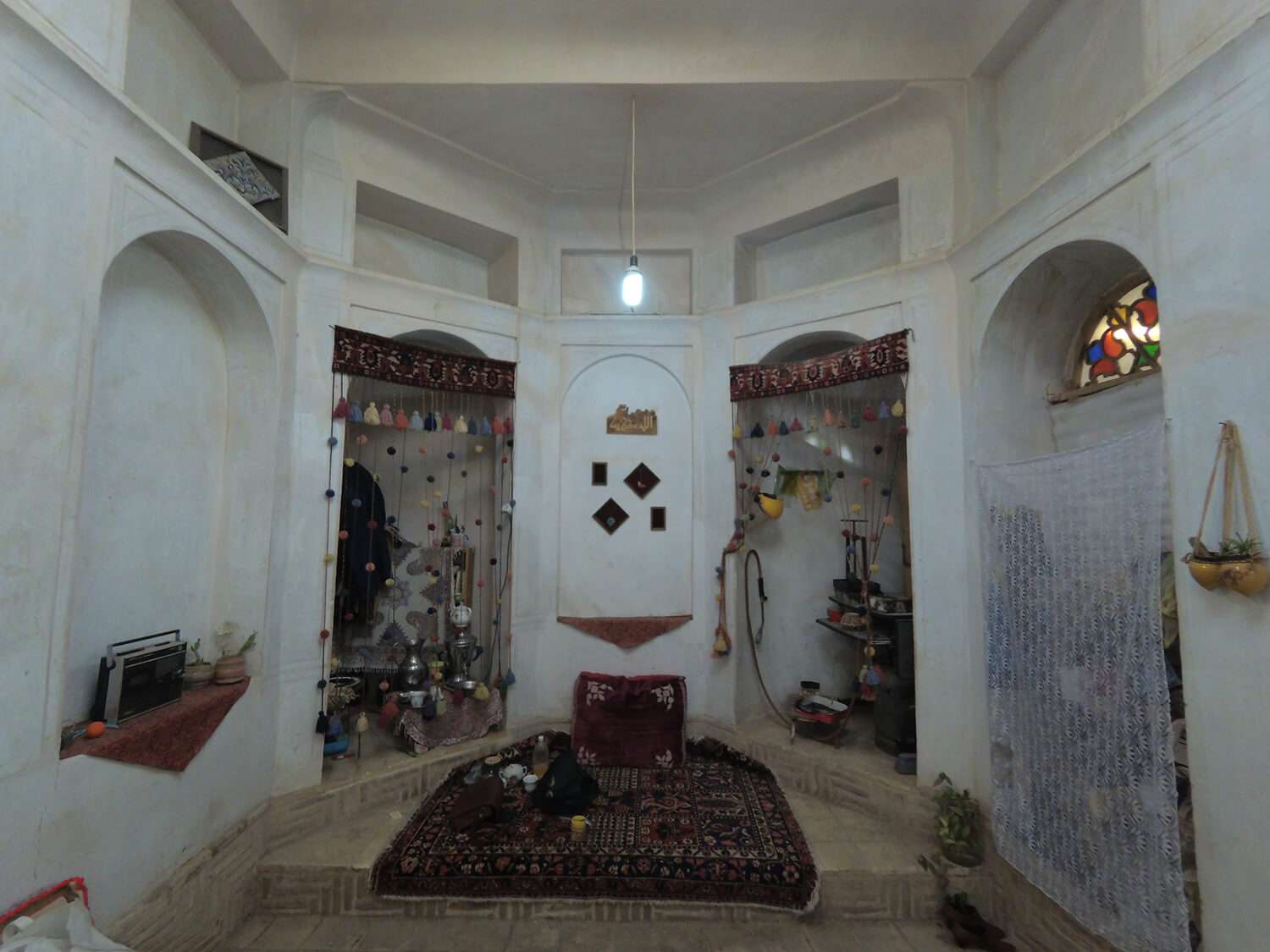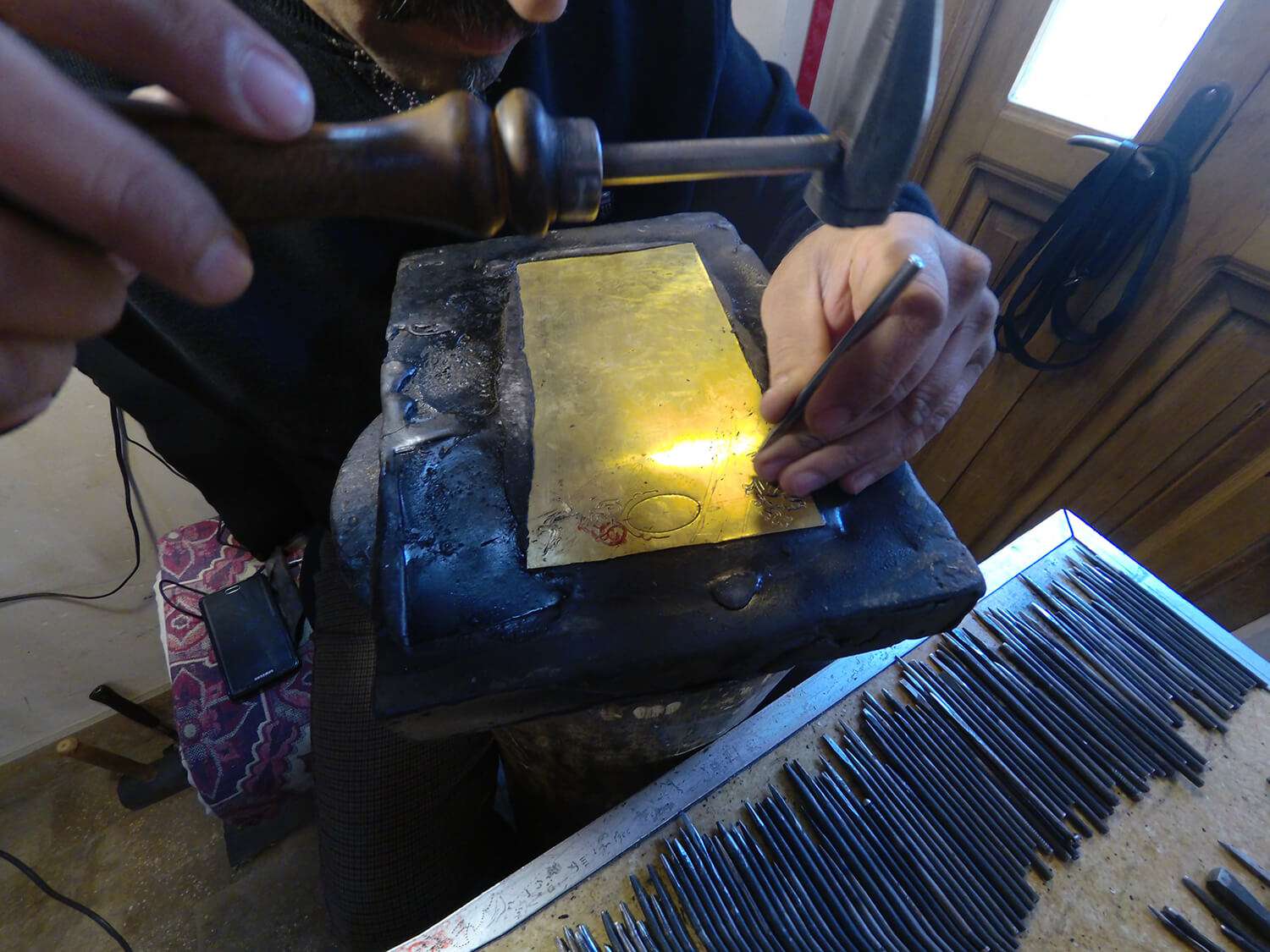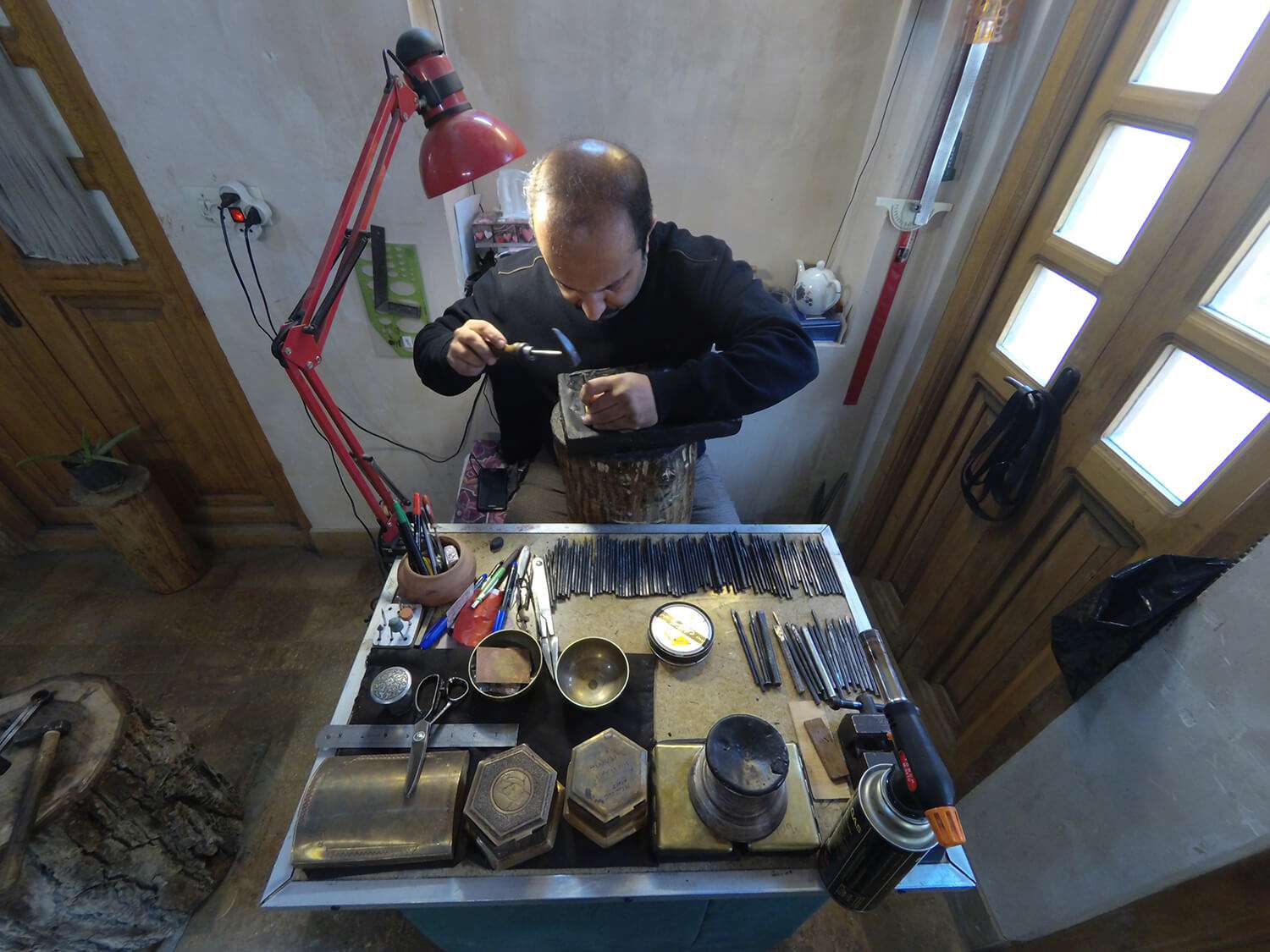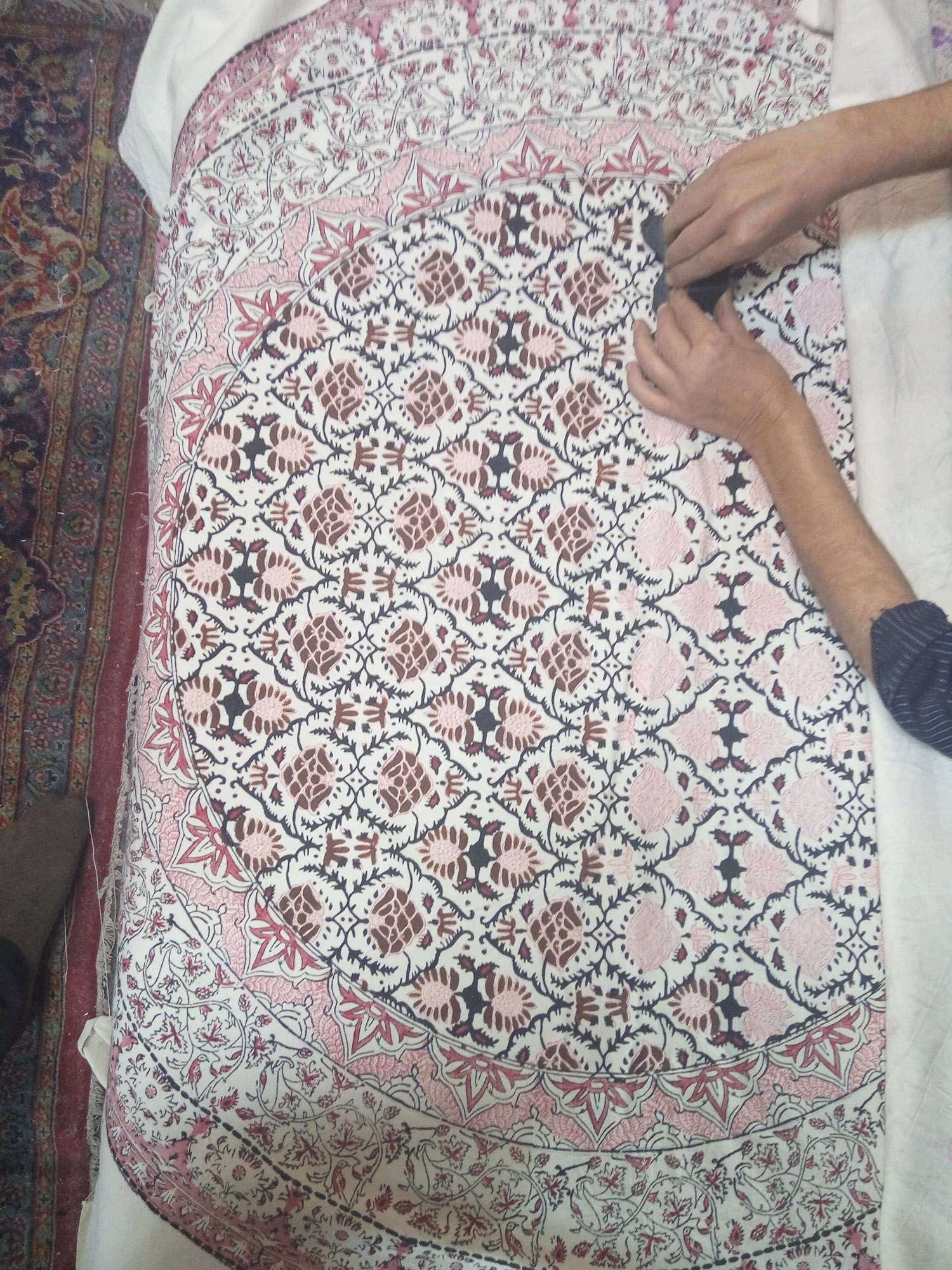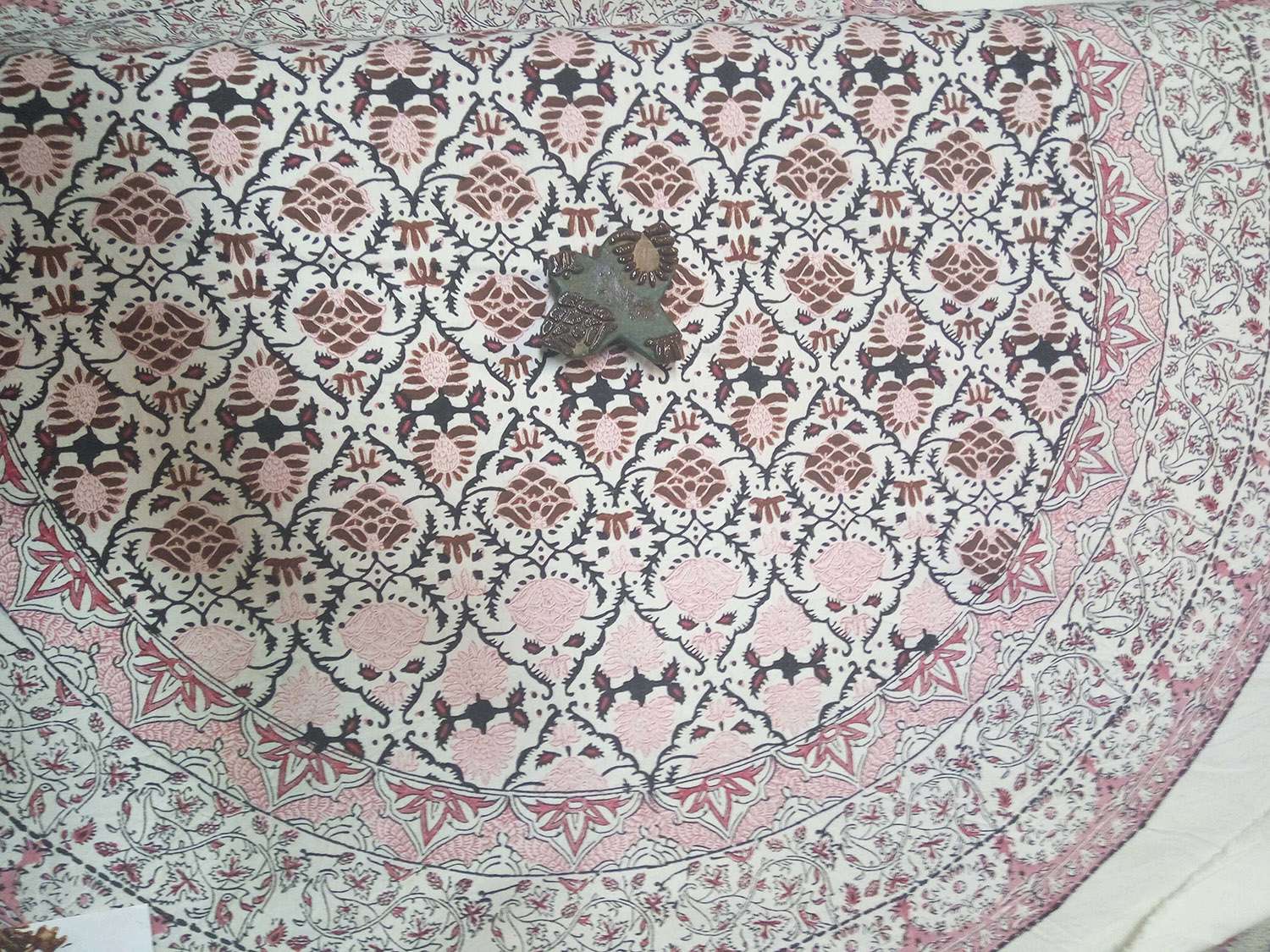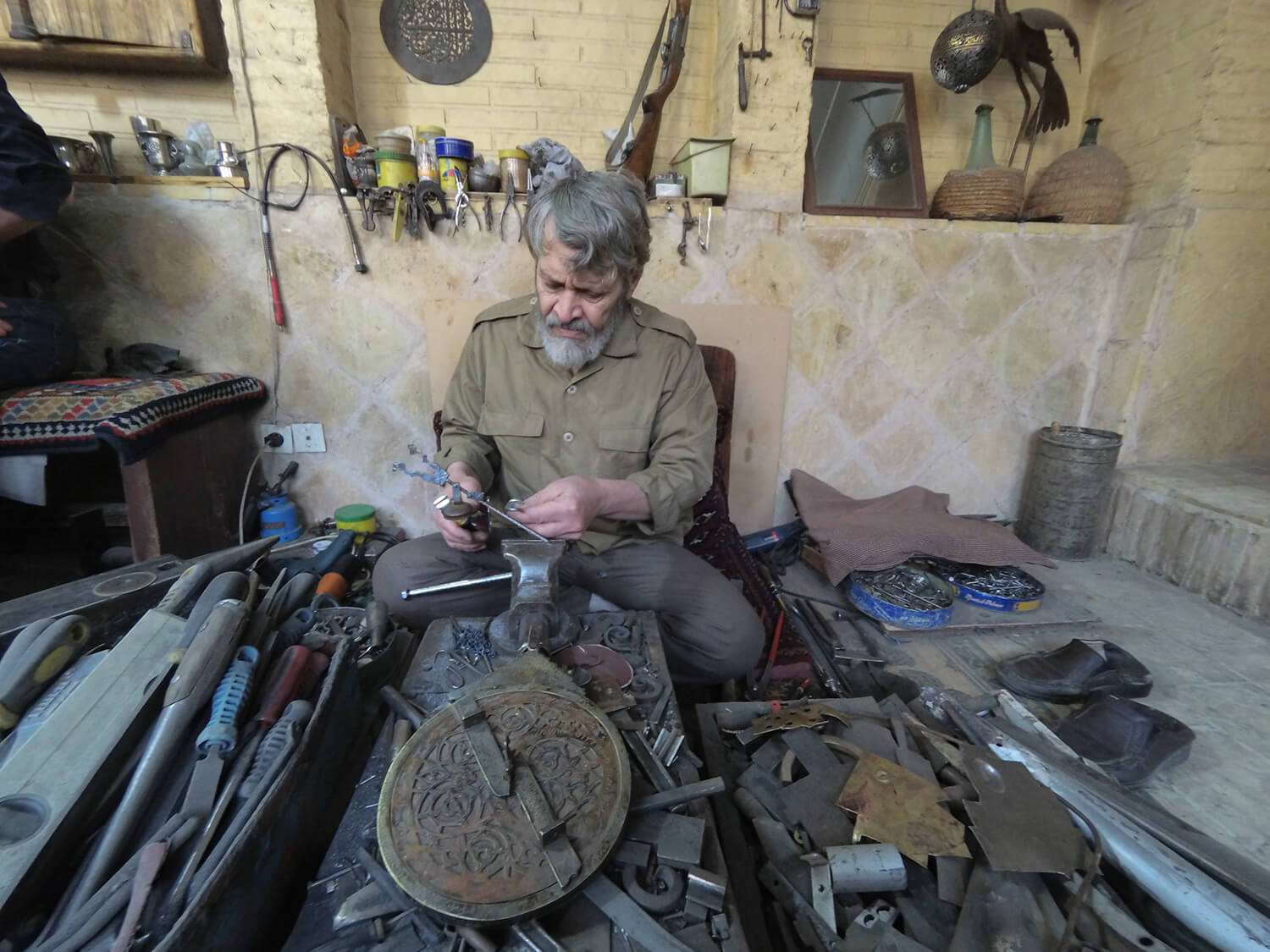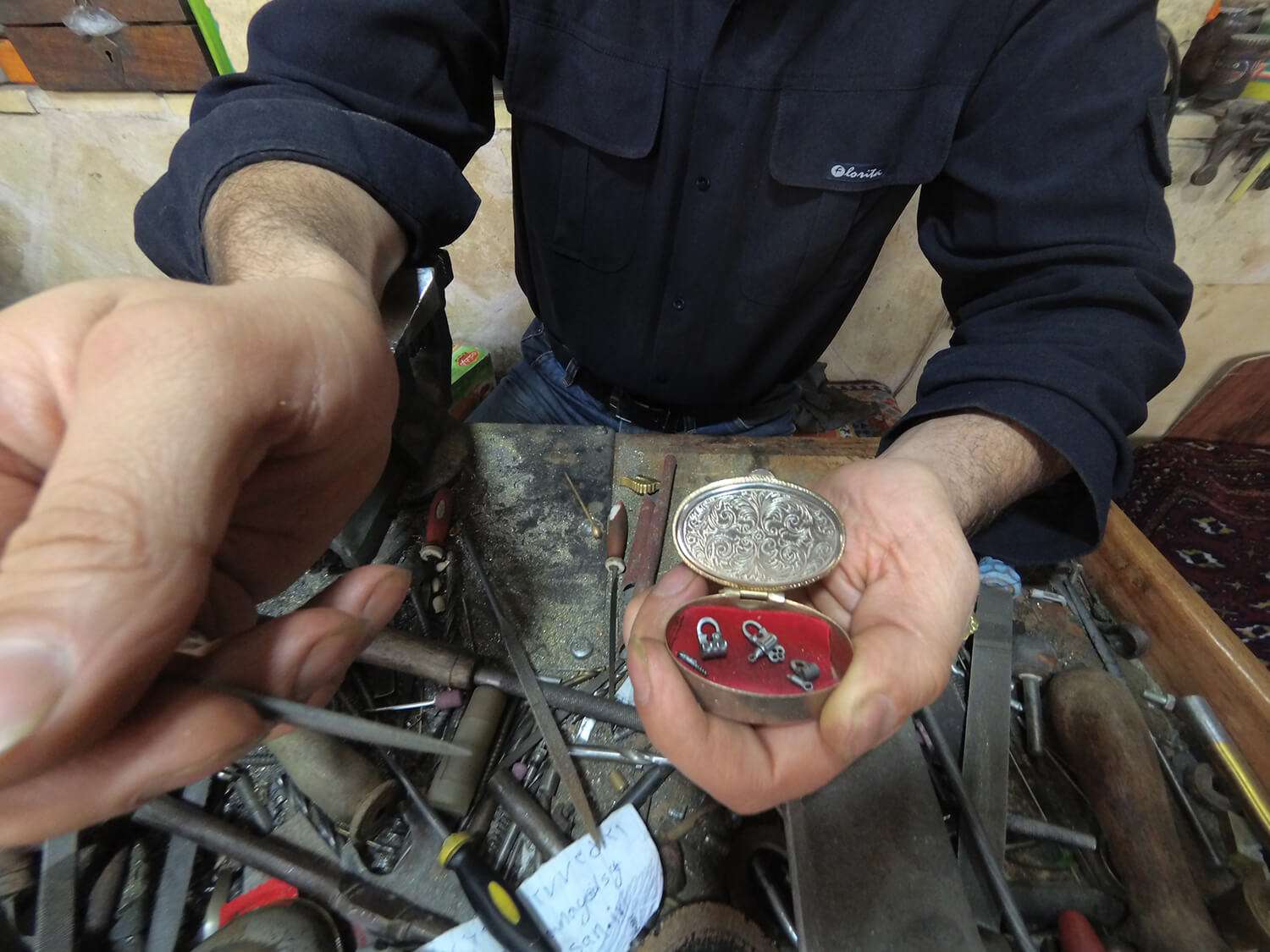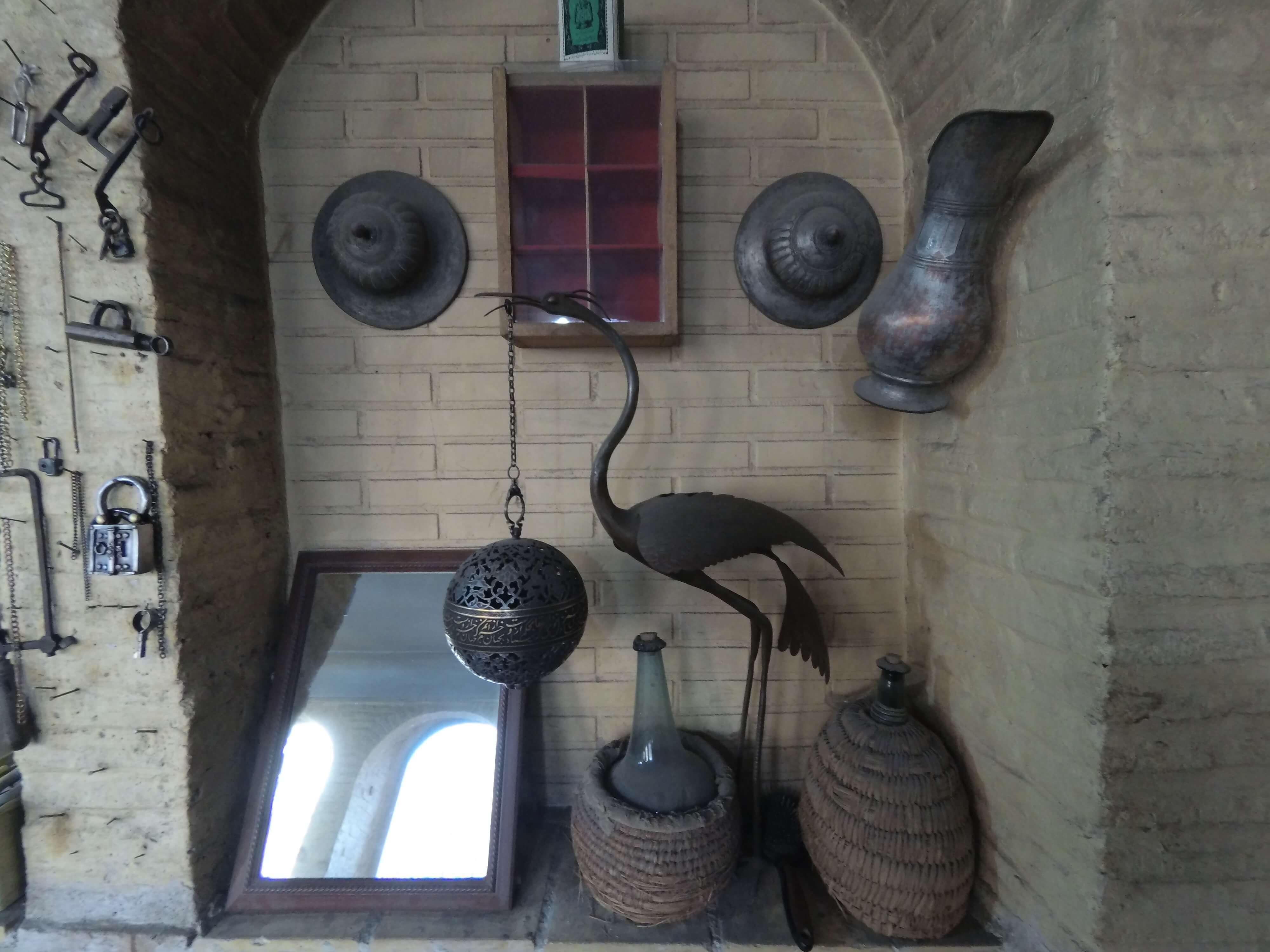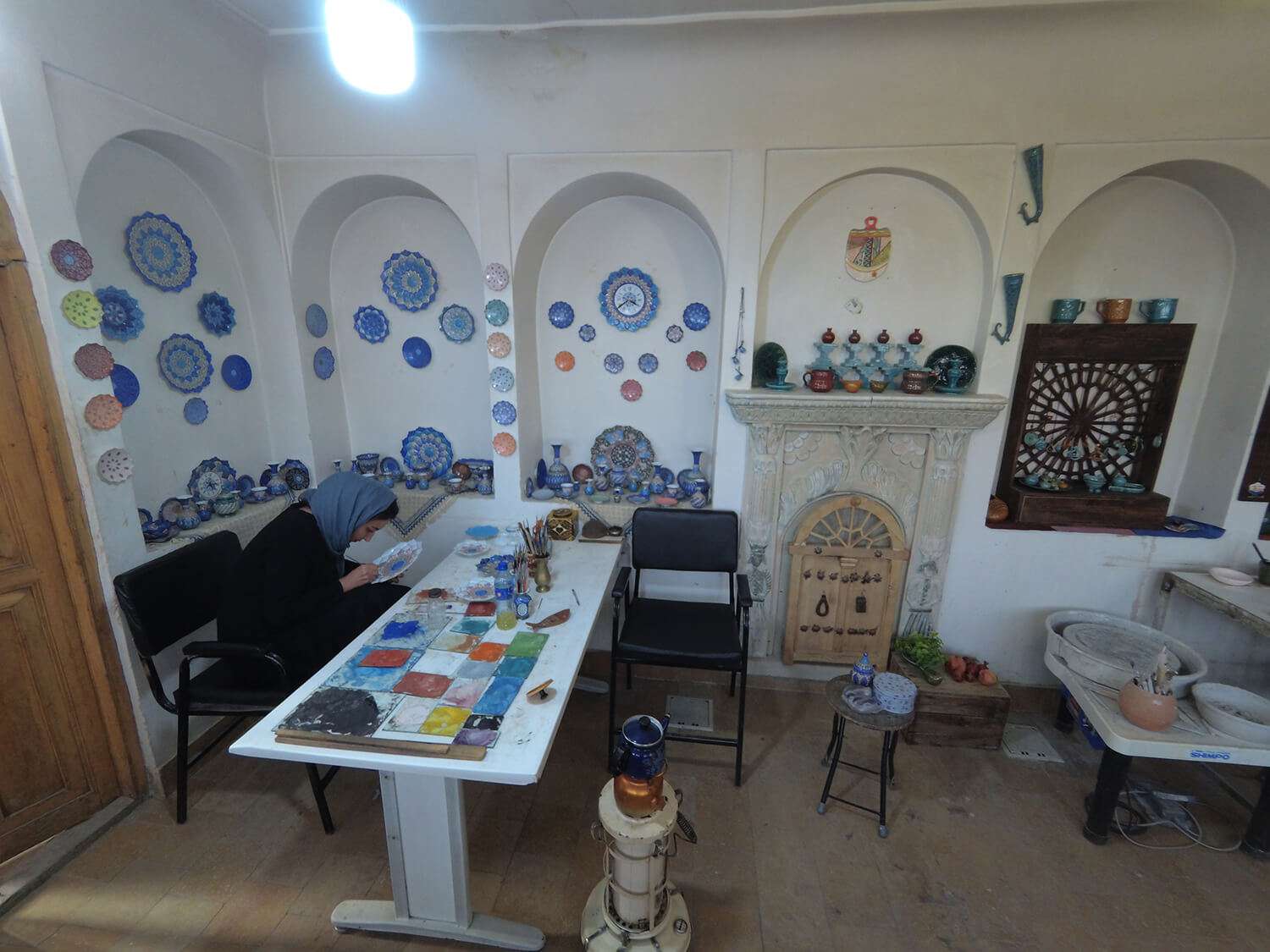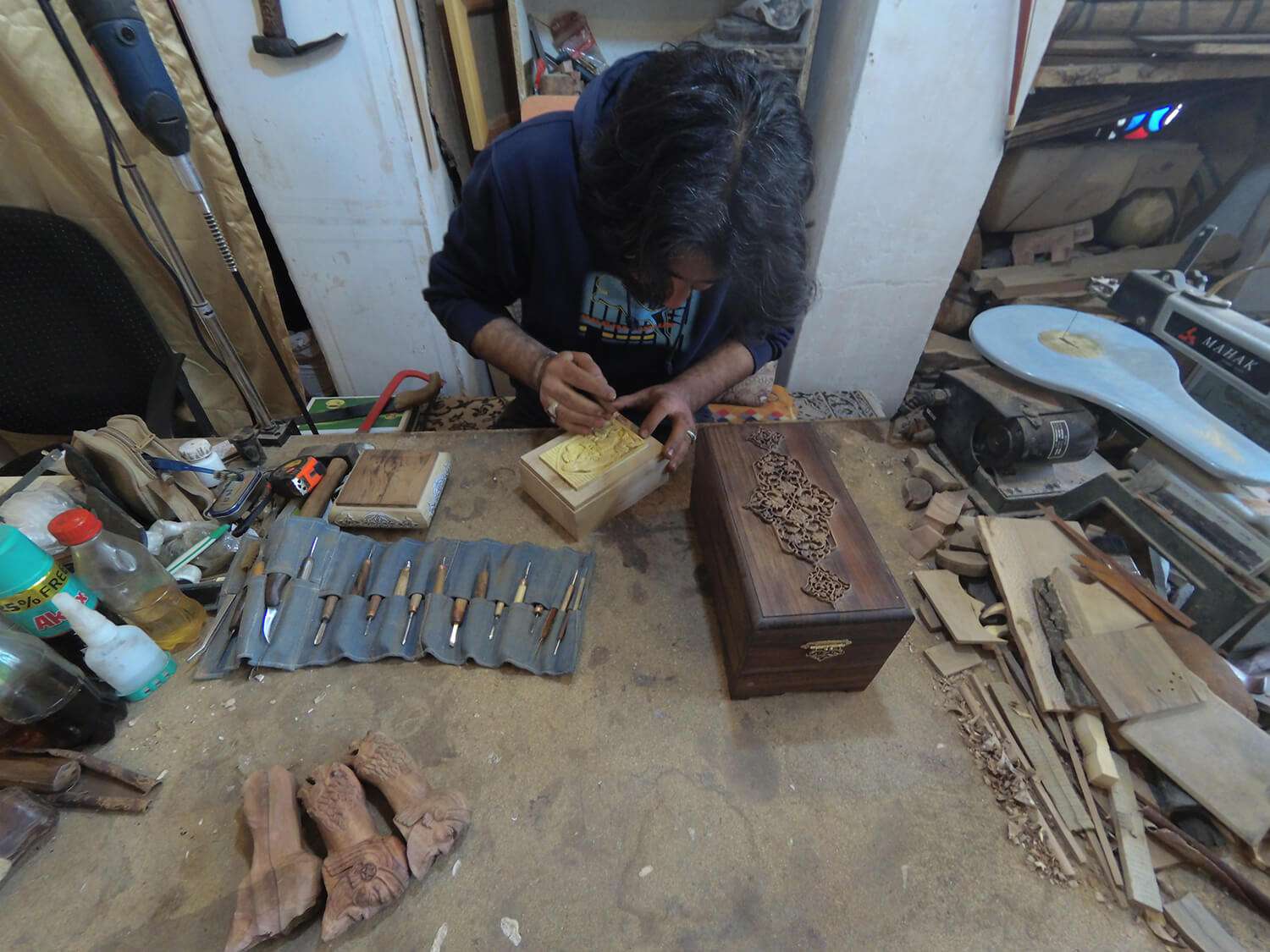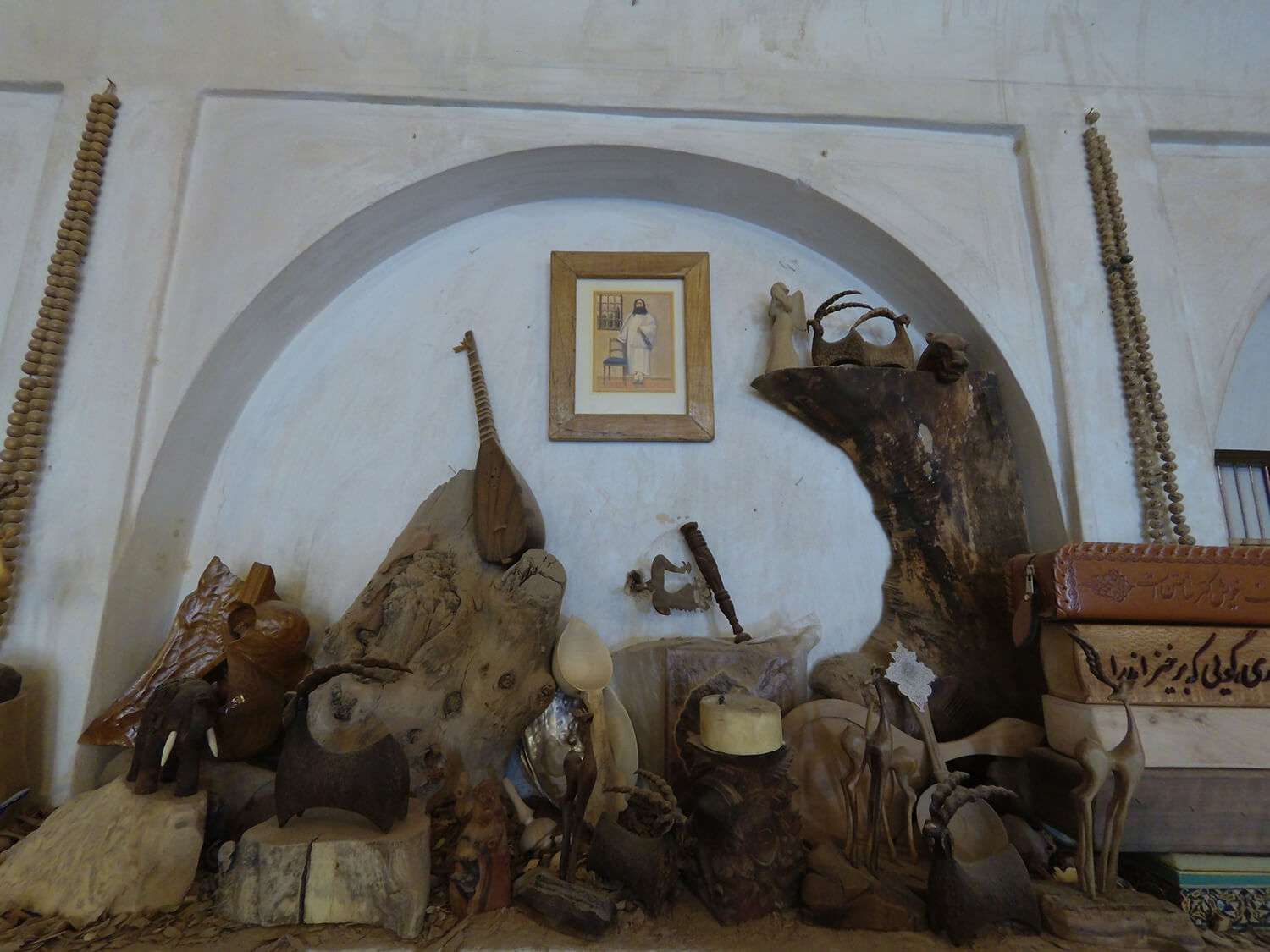The Passage through Handicrafts’ Paradise in the Oldest Neighborhood of Isfahan
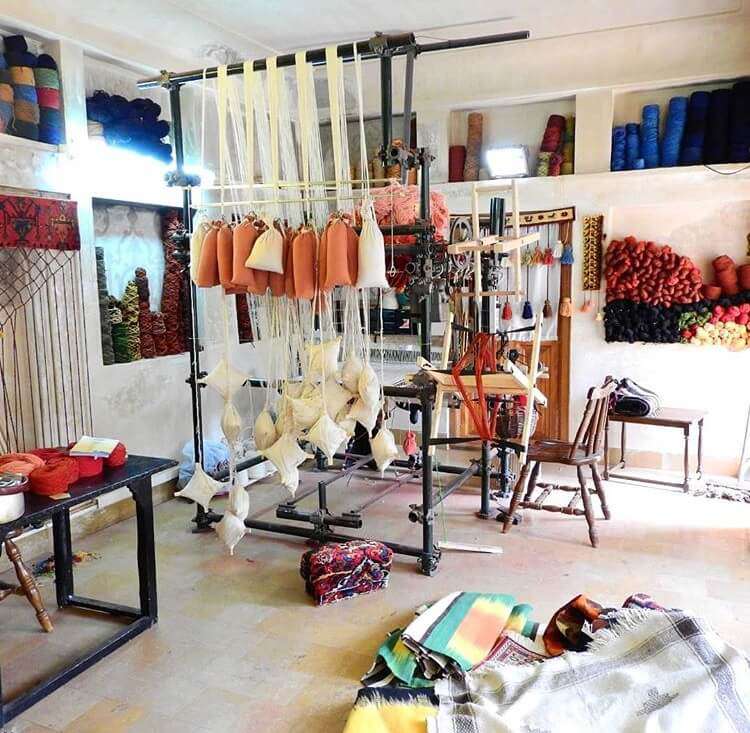
Group Size
Min
2 Person(s)
Max
10 Person(s)
- Duration (Hour)3 hrs
- Visiting Time4 Pm to 7 Am
- Departure PointAt Participant's Accommodation
From €13.00
- Visiting one of the oldest neighborhoods of Isfahan and passing through its bazaars.
- Visiting the Muzzafarid minarets dating back to the 14th century.
- Visiting the tomb of Soltan Bokht Agha, the unknown14th century mausoleum.
- Visiting a handicraft workshop in a Qajarid house which collects almost all the popular handicrafts you should see in Iran.
- Getting familiar with the production process of handicrafts, such as: miniature, glass art, woodworking, metalwork, rug weaving, lacquer work, enamel and inlaid work.
- Enjoying Persian vegan dessert known as Fereni.
Photos of the Tour
Tour Packages
- Package 1
Availabilities
Select Preferred Date
Group Size And Pricing
Tour language
Package Description
Inclusions
 Hotel pick up
Hotel pick up Hotel drop off
Hotel drop off Tour Guide
Tour Guide Entrance fee
Entrance fee Persian Dessert
Persian DessertItinerary
Day 1
- ActivityHandicrafts workshop
- DestinationIsfahan
- Duration3 Hours
- DescriptionWe are going to hit two birds with one stone in this special tour of Isfahan handicrafts.
Pick up from accommodation
Visiting Dardasht Neighborhood
Visiting Bokht Agha’s tomb
Workshop House
Eating Traditional Dessert
Drop off
- ActivityHandicrafts workshop
- DestinationIsfahan
- Duration3 Hours
- DescriptionWe are going to hit two birds with one stone in this special tour of Isfahan handicrafts.
Pick up from accommodation
Visiting Dardasht Neighborhood
Visiting Bokht Agha’s tomb
Workshop House
Eating Traditional Dessert
Drop off
Overview
Dardasht neighborhood is one of the oldest
districts of Isfahan, dating back to the Seljuk era (11 century). In this era
and exactly in the same neighborhood, the first urban developments of the city
of Isfahan started and consequently the Jame Mosque, known also as Atigh Mosque, a bathhouse, caravanserai and bazar were built.
The iconic places of this district are Sultan
Bokht Agha’s tomb, Dardasht minarets and a Qajarid house. This 19th
century house, outstandingly siting in this district, has been renovated to embrace
a number of handicraft workshops. Among the Iranian handicrafts, Isfahan
handicrafts, and the masters have enjoyed a special status, especially from the
Safavid period onward. Among the Iranian handicrafts,
Isfahan handicrafts, and the masters have enjoyed a distinct status, especially
from the Safavid period onward. So to visit and get familiar with the Isfahanian crafts,
join us without wasting any more time!
What To Expect
We are going to hit two birds with one stone in
this special tour of Isfahan handicrafts. So, if you wish to take the
handicrafts home and if you want to stop running from one place to the other,
roll up your sleeves and join our tour.
We will pick you up at your accommodation
to visit the production process of the handicrafts in Isfahan. We will take you
to one of the four main neighborhood of Isfahan known as Dardasht.
After giving an introduction about the history of
this district, we enter a historical house located near the Bokht Agha’s
tomb which is a Qajarid house holding a collection of handicraft workshops.
The house is a square-shaped courtyard encircled
by the rooms and other spaces. The most spectacular part of the
house is the southern part comprising a higher porch (ayvan) and a central hall
overlooking the courtyard. The hall is graced with five-door stained windows
and frescos adorning the wall and ceiling. A pool room (howz-khaneh), with an
octagonal pool in the middle, lies on the space between the western and
southern part of the house. It connects the southern hall to the western spaces
of the house through a wooden door.
Unlike the typical handicraft shops you may
visit in Isfahan, this house includes a number of handicraft workshops in
which you can observe the process of making while you buy the crafts.
First, we go to see the glassworks whose
master won the national award for his abstract work of art. He will show us the
way he has given a Persian identity to his glasswork.
In the next step, you will be familiar with the rug
workshop (Kilim) in which the master will show you how to weave a rug and you
can get involved in the weaving process.
If you are a woman, you will love the next
workshop and if you are a man, you can get a nice gift for the woman you love.
You ask why? I will tell you now.
This room embraces a delicate work of art of filigree trophies, bowls and buttons. The master is making filigree
jewelries all by his skillful hands and adorn them by precious metals such as
gold and silver. This ancient filigree jewelry was discovered and unearthed in
the ancient Mesopotamian lands about 5000 years ago and found its way to the
other parts of the world especially throughout the Roman Empire.
Are you interested in music? How about musical
instruments? In the next workshop, you will see how the master of woodwork breathes
a new life into the pieces of wood and makes the famous Iranian musical instruments such as Setar and Tar.
This is not the end of the story, lots of other
workshops such as the Persian marquetry known as Khatam Kari is still
waiting for you. Khatam consists of sticks of wood, brass, camel bones and
twisted wires. Ivory, gold and silver are also used for exclusive products. The
beams are cut in triangular shape and put together to form a cylinder. Then,
these cylinders are cut shorter, compressed, plated and glued to decorate the object.
The next room introduces the master of locksmithing,
Hassan Kiani, who has made more than 200 different vintage locks. The animal
motifs inspired the artists in making this delicate artwork. These unique locks
have found their ways to the Louvre Museum. Don’t miss to ask them to show you the
tiny locks.
We continue our handicraft workshop tour by going
next door to see the beautiful art on the cotton textiles. Mr. Ebadi is an
artist in Kalamkari or block printing. The Persian word Kalamkari (also
Qalam Kari) consists of kalam or qalam (pen) and kari (craftsmanship) meaning
drawing with a pen. This freehand drawing used to be practiced since Sassanid
era which is replaced by block printing nowadays. Miniature, metalwork, lacquer
work and enamel are also practiced in this house.
Finally, after spending enough time on shopping
and gaining knowledge about handicrafts, it’s cool now to take a good refreshing
Iranian dessert, Fereni. It is known as a type of pudding and a vegan
dessert which is served with Shire (the date palm syrup).
Important Information
Additional Info
- Your booking will be confirmed via an e-mail including updated prices.
- We reserve the right to impose changes on prices due to the economic fluctuations.
- The workshop house is open until 6 Pm.
Cancellation Policy
- Bookings missed or cancelled within determined hours will incur a strike against participants as below charges:
- Before 48 hrs: 25 %
- Before 24 hrs: 50 %
- Within 24 hrs: non-refundable
